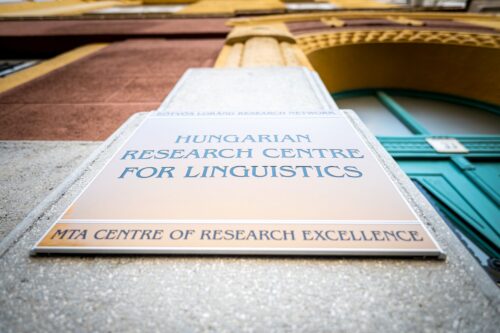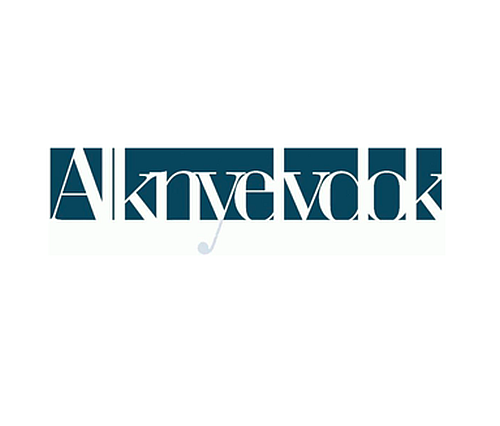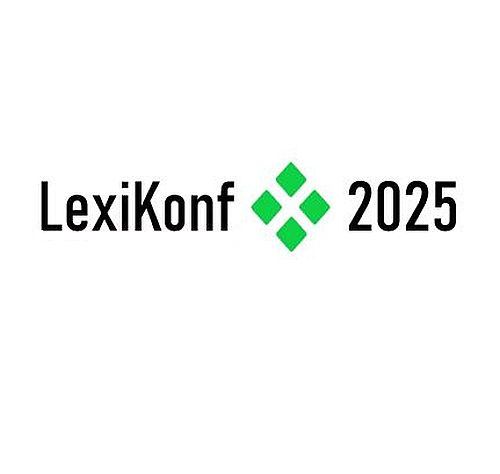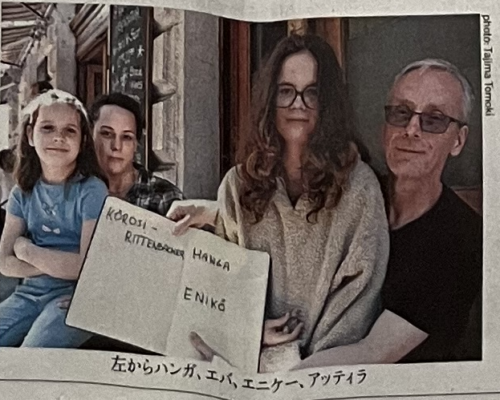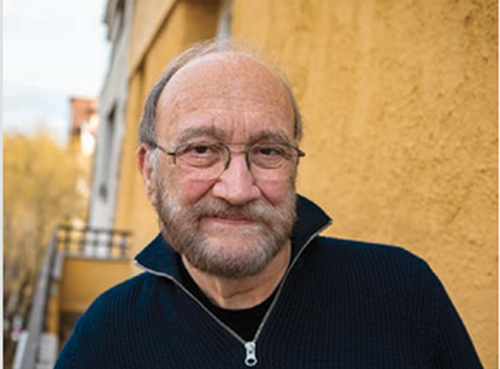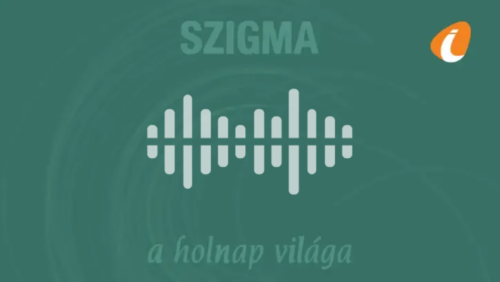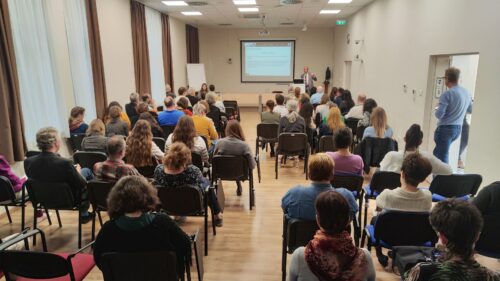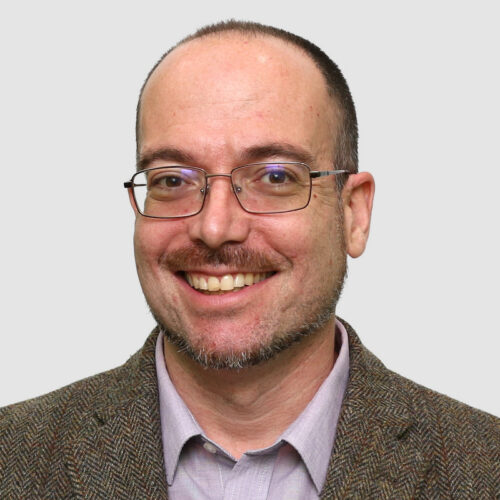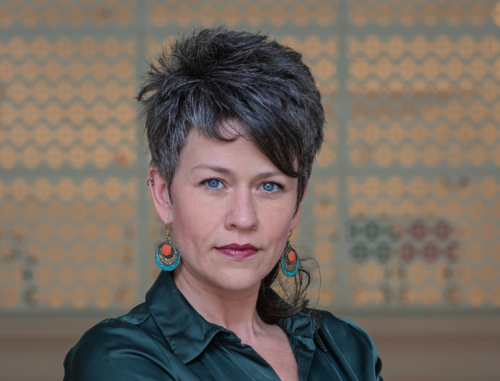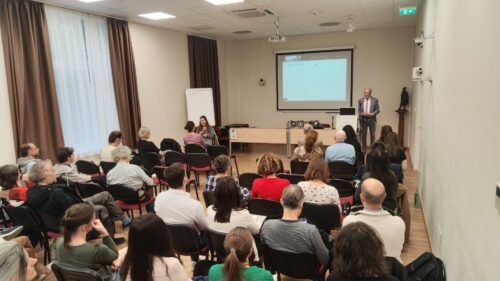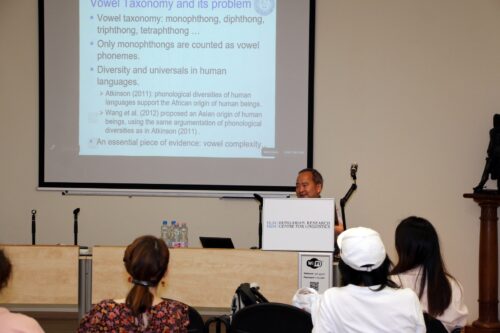Aktualitások
Előadások, védések
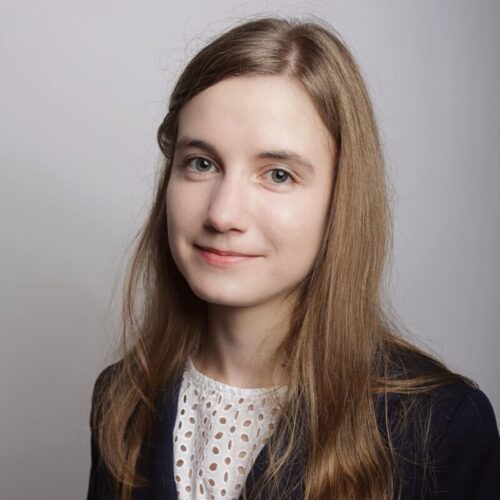
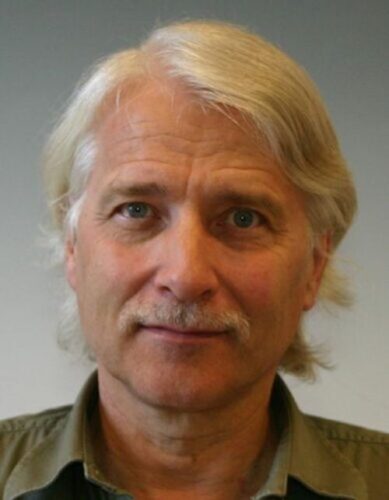
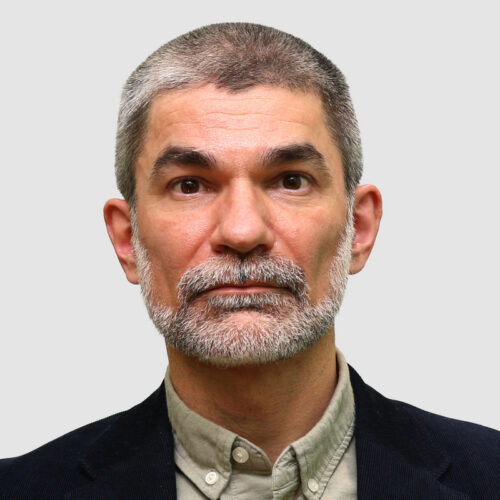
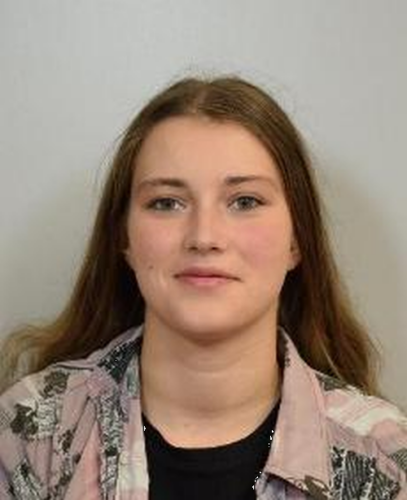
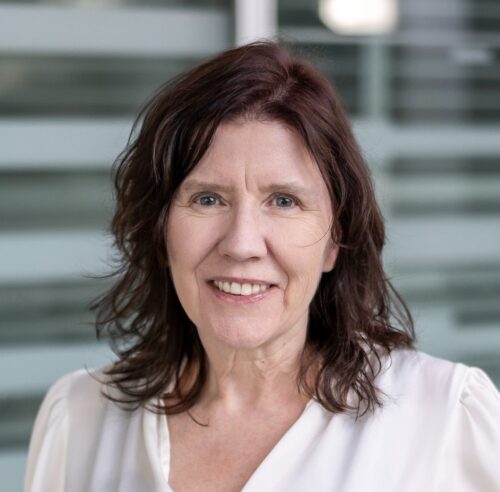
Korábbi események
Vendégeink
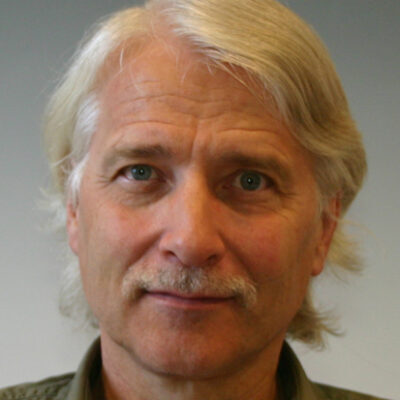
Sven Tarp
professorAI, Society and Lexicography
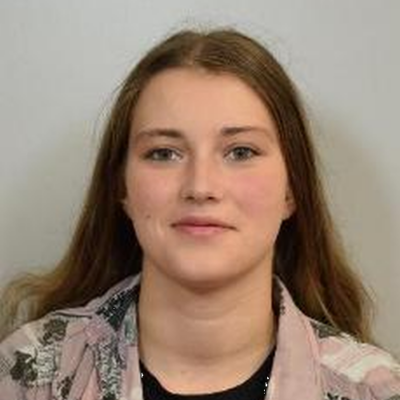
Lucie Zemanová
kutatóKároly Egyetem, BTK, Nyelvtudományi Tanszék, Prága
Integrating Selice Romani into the UD framework

Susanne Wurmbrand
professorA syntactic model of Tense and Aspect ‒ a case study of English

Szemes Botond
tudományos segédmunkatársDigitális irodalomtudomány – Szemes Botond (ITI) bemutatkozó előadása

Sóskuthy Márton
associate professorLexical shifts in the emergence of Zipf’s Law of Abbreviation in English
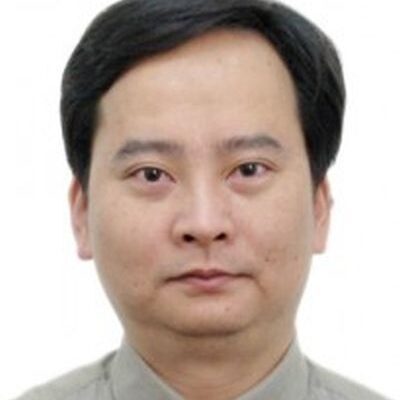
Hu Fang
senior research fellowChinese Academy of Social Sciences, CASS
HU Fang (Kínai Társadalomtudományi Akadémia) és CHEN Shuwen (Kínai Társadalomtudományi Akadémia) előadása
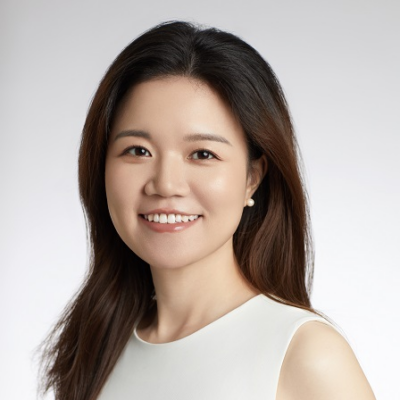
Chen Shuwen
research fellowChinese Academy of Social Sciences, CASS
HU Fang (Kínai Társadalomtudományi Akadémia) és CHEN Shuwen (Kínai Társadalomtudományi Akadémia) előadása

Bari Diána Éva
n/aELTE BTK, Euroexam Vizsgaközpont
Panelek, konstrukciók és nyelvi kompetencia német nyelvvizsgázói szövegekben
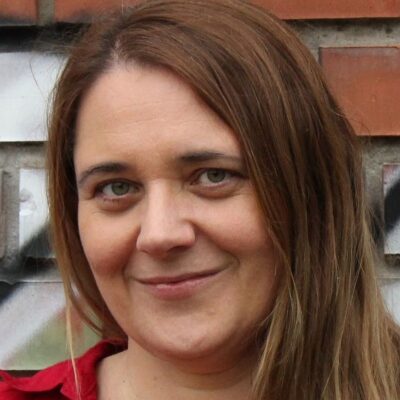
Lukács Ágnes
egyetemi tanárNyelvi képességek sztenderd mérése gyermekkorban: normatív trendek és atipikus fejlődési mintázatok a KOBAK – Komplex Beszélt Anyanyelvi Képességteszt tapasztalatai nyomán
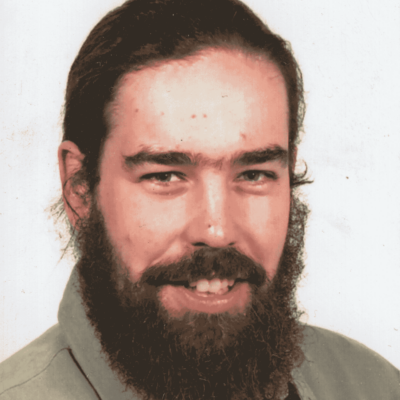
Indig Balázs
adjunktusMentális konstrukciók adatorientált azonosítása korpuszban a Mozaik módszer és kapcsolódó eljárások segítségével
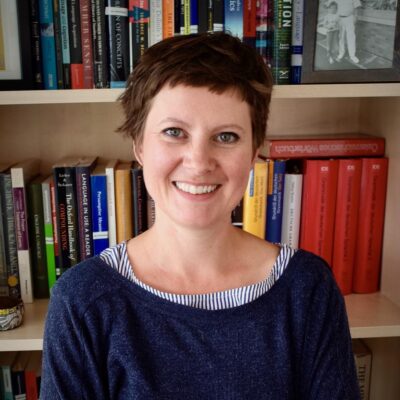
Wittenberg, Eva
associate professorTwo sides of language comprehension
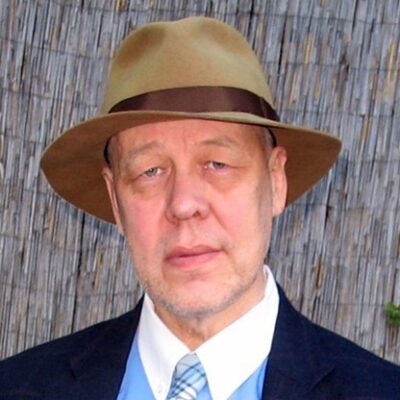
Juha Janhunen
professzorUniversity of Helsinki
Uralic as an Eurasian language family with transcontinental dimensions

Indig Balázs
adjunktusMentális konstrukciók adatorientált azonosítása korpuszban a Mozaik módszer és kapcsolódó eljárások segítségével
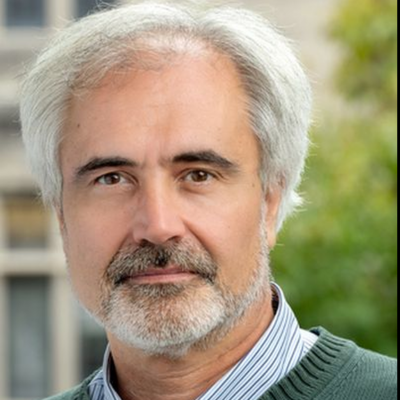
Szabó Zoltán
professzorOrdinary causal talk
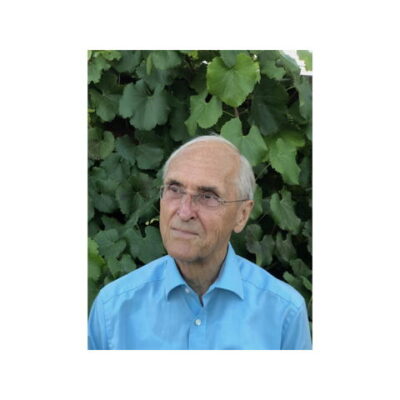
Kiparsky, Paul
ProfesszorFinnish Structural Case
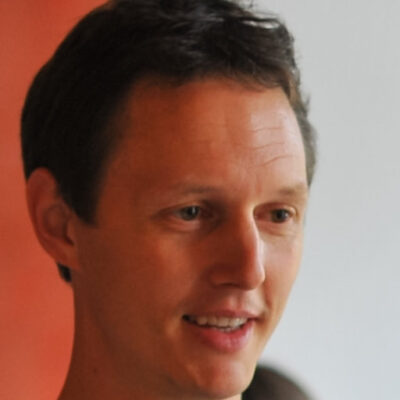
Onič, Tomaž
egyetemi docensRepetition as a Stylistic Device of Violence in Contemporary Drama
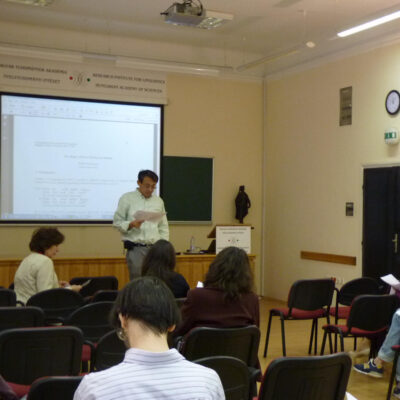
Kishimoto, Hideki
professzorExtended predicate formation and the non-agentive verb suru ‘do’ in Japanese
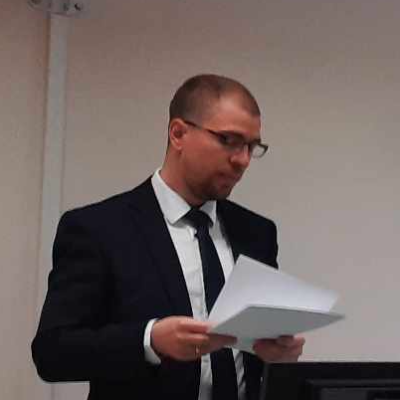
Vigh József
n/aELTE Finnugor Tanszék
A nyelvészeti paleontológia szerepe az uráli nyelvű népek őshazájának kutatásában
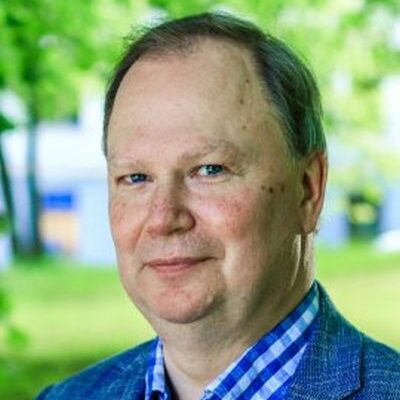
Karl Pajusalu
Academician, Professor of History and Dialects of Estonian LanguageTypological profiles of western Uralic languages in the light of the UraTyp and EstTyp datasets
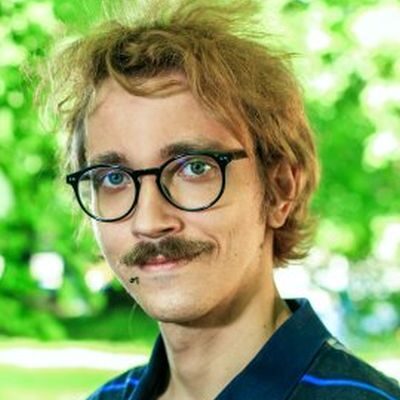
Denys Teptiuk
research fellowDiscursive functions of reported speech and thought in Uralic: towards a typology
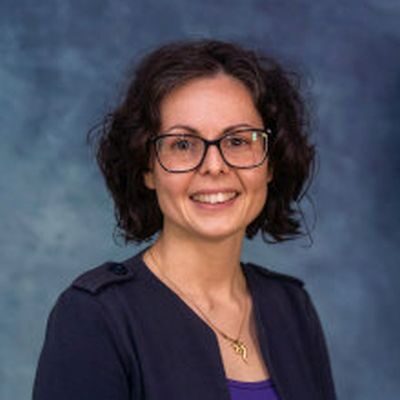
Cognola, Federica
associate professorTackling the Type-Mood-Force Nexus Venice-Style
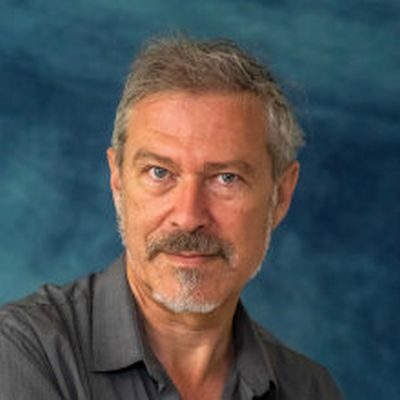
Hinterhölzl, Roland
full professorTackling the Type-Mood-Force Nexus Venice-Style
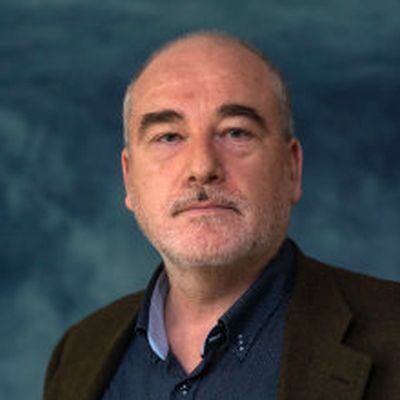
Munaro, Nicola
researcherTackling the Type-Mood-Force Nexus Venice-Style
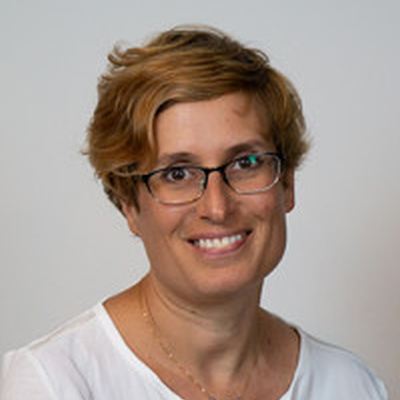
Gárdos Judit
tudományos főmunkatársExplanations in sociology and norms of social scientists. An empirical research of the language in scientific papers

Pap Sebestyén
MA hallgatóELTE Társadalomtudományi Kar
Explanations in sociology and norms of social scientists. An empirical research of the language in scientific papers

José A. Mompeán Gonzalez
associate professorUsing diachronic spoken corpora to study sound change in English: the DIACSEN corpus and examples

Kormos Judit
professzorAz anyanyelvi készségek, a munkamemória és a szorongás szerepe az idegennyelvi olvasásban
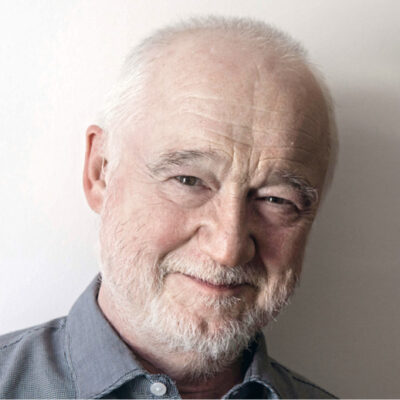
Nádasdy Ádám
professor emeritusDeviáns szórendek az angolban
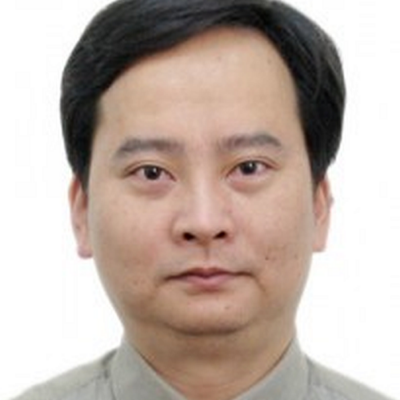
HU Fang
research fellowInstitute of Linguistics, Chinese Academy of Social Sciences
The Descriptive Tradition in Chinese Phonetics: On the case of apical vowels
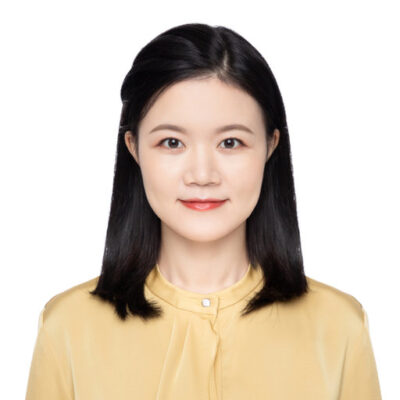
CHEN Shuwen
research fellowInstitute of Linguistics, Chinese Academy of Social Sciences
Production of the English /ɹ/ by Mandarin Learners
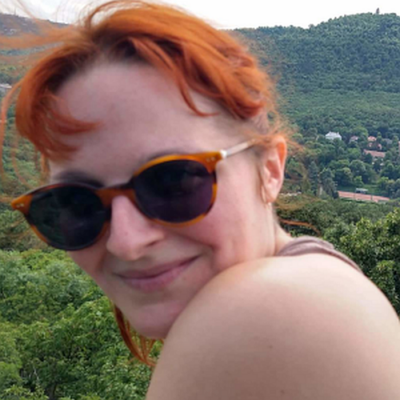
Kubitsch Rebeka
tudományos segédmunkatársThe role of indirect evidentials to mark epistemic primacy, epistemic authority and intersubjective distribution in Udmurt
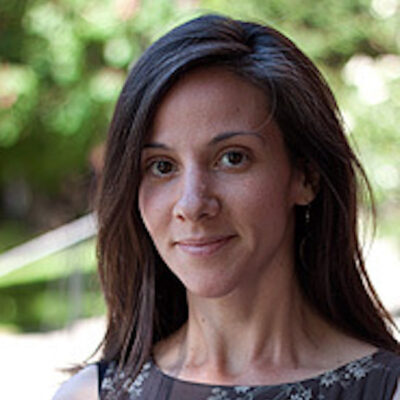
Elizabeth Coppock
assistant professorDivision and distributivity: The case of Hungarian -nként
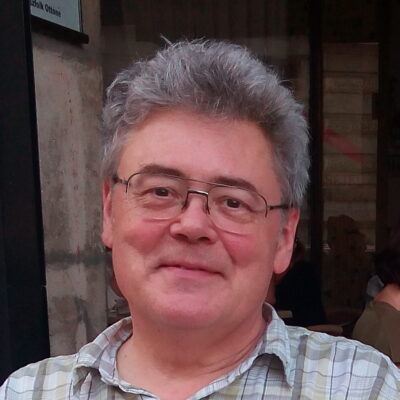
Kornai András
tudományos tanácsadó, kutatóA “Számítógépes nyelvészet” 35 éve ‒ Prószéky Gábor köszöntése 70. születésnapja alkalmából
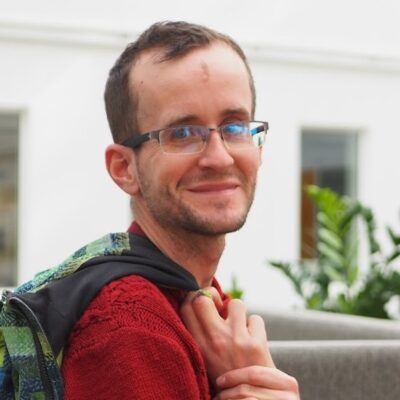
Makrai Márton
tudományos munkatársMakrai Márton Symbolic and distributed word representations – chapters on lexical relations and cross-lingual methods c. PhD disszertációjának nyilvános védése
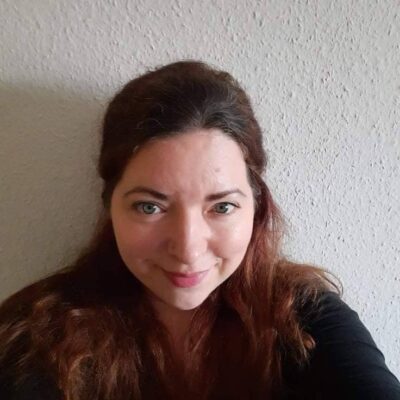
F. Gulyás Nikolett
egyetemi adjunktusCausatives in Surgut Khanty and beyond

Nikita Muravyev
postdoctoral researcherSubjective and objective conjugation in Northern Khanty: a lexically conditioned choice?

Lena Borise
n/aThe curious case of the two-headed phrase: co-compounds in Hungarian and Khanty
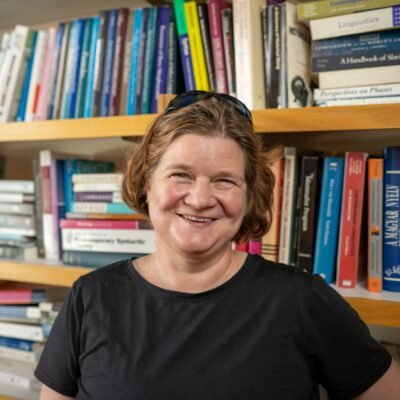
Csirmaz Anikó
associate professzorKötetbemutató: ÁNyT 35: Tanulmányok a jelentéstan köréből

Donáti Flóra Lili
tudományos segédmunkatársKötetbemutató: ÁNyT 35: Tanulmányok a jelentéstan köréből
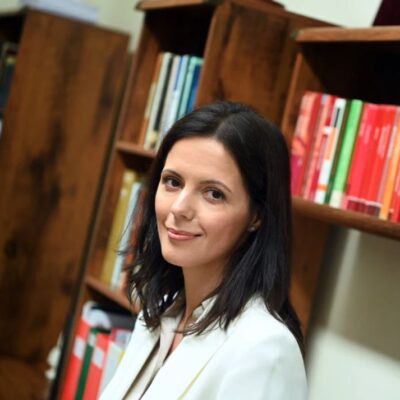
Kardos Éva
tanszékvezető egyetemi docensKötetbemutató: ÁNyT 35: Tanulmányok a jelentéstan köréből
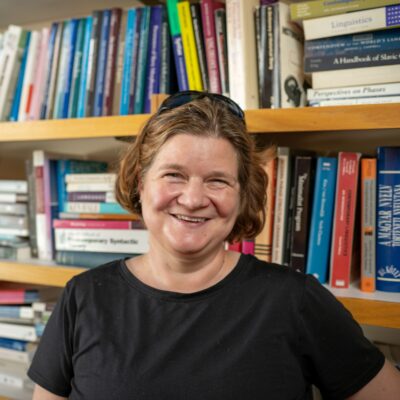
Csirmaz Anikó
associate professorDiagnosing telicity
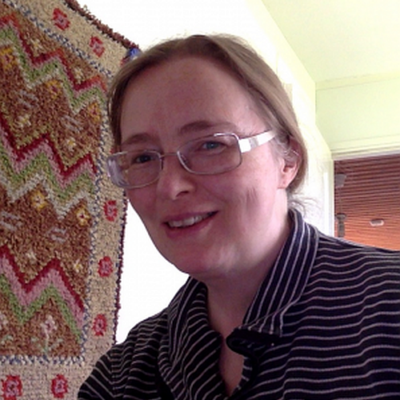
Johanna Laakso
tanszékvezető professzorHajdú 100: 100 éve született Hajdú Péter
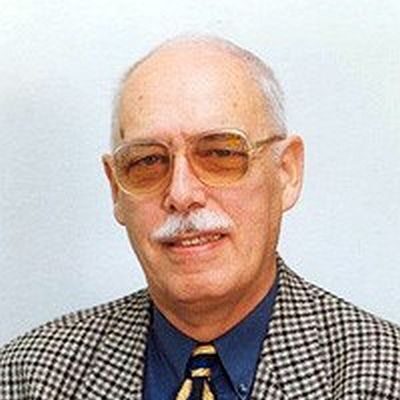
Róna-Tas András
professzor emeritus, akadémikusHajdú 100: 100 éve született Hajdú Péter
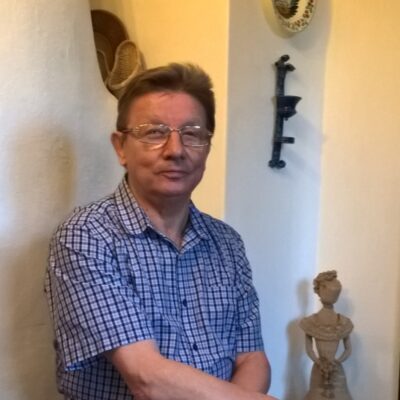
Simoncsics Péter
nyugdíjasn/a
Hajdú 100: 100 éve született Hajdú Péter
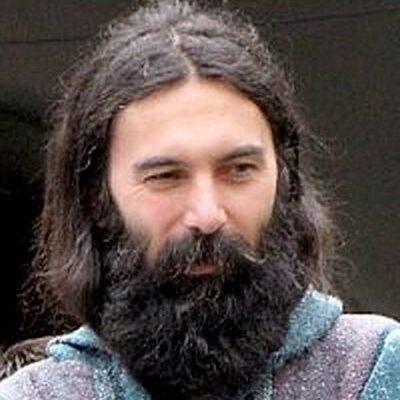
Sudár Balázs
tudományos főmunkatársHajdú 100: 100 éve született Hajdú Péter
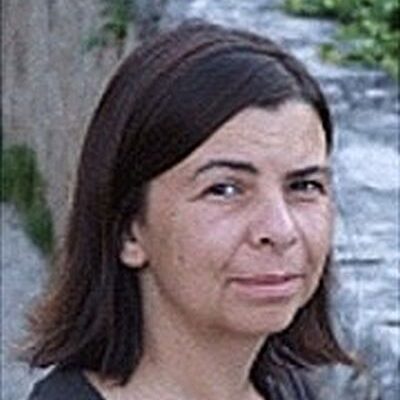
Wagner-Nagy Beáta
tanszékvezető professzorHajdú 100: 100 éve született Hajdú Péter

Aleksandra Belkind
n/aLeipzig University
Indirective-secundative alternation in Kazym Khanty

Rácz Péter
egyetemi adjunktusA magyar inflexió tanulhatóságának kísérletes vizsgálata
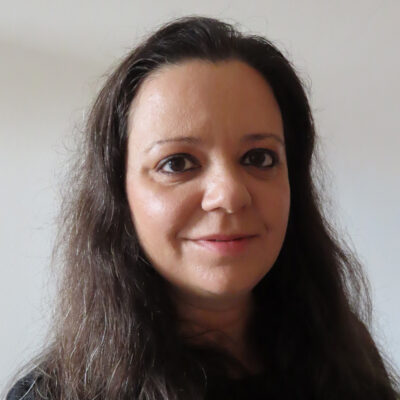
Bóna Judit
dékánhelyettes, egyetemi tanárA beszéd változatosságának kérdései, korszerű vizsgálati módszerei és kihívásai
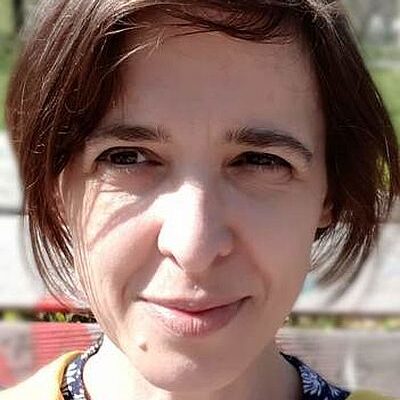
Dér Csilla Ilona
egyetemi docens, tudományos főmunkatársA beszéd változatosságának kérdései, korszerű vizsgálati módszerei és kihívásai

Gosztolya Gábor
tudományos főmunkatársHUN-REN--SZTE Mesterséges Intelligencia Kutatócsoport
A beszéd változatosságának kérdései, korszerű vizsgálati módszerei és kihívásai

Eőry Vilma
ny. tudományos főmunkatársMTA Nyelvtudományi Intézete (2008-ig)
Hogyan, kinek, miről adunk nyelvi tanácsot? Nyelvi közönségszolgálat a HUN-REN Nyelvtudományi Kutatóközpontban
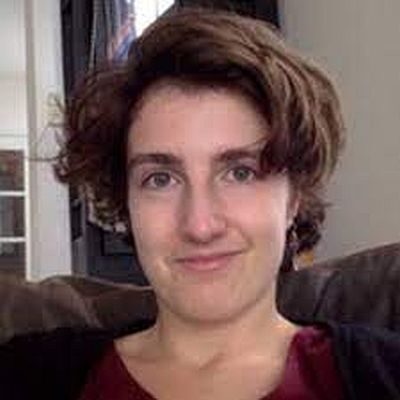
Paula Fenger
postdoctoral researcherThe size of domains: verbs in Sinhala and Japanese
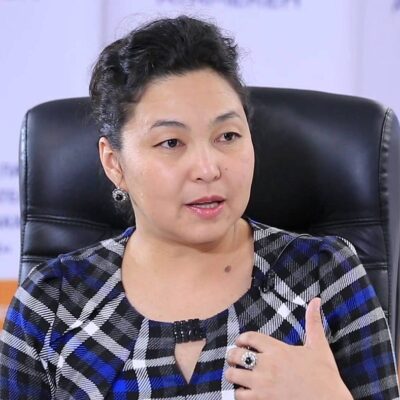
Anar Fazylzhanova
directorAhmet Baitursynov Institute of Linguistics
The Explorations in Modern Kazakh Linguistics
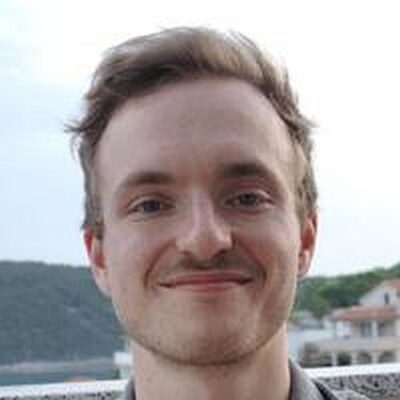
Johannes Hirvonen
n/aUniversity of Vienna
Topics in Meadow Mari Information Structure

Tagliamonte, Sali A.
professorSali A. Tagliamonte előadásai és workshopja
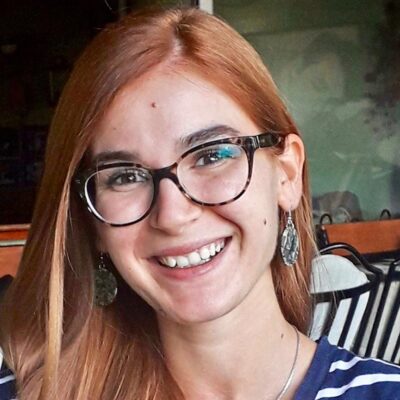
Maša Bešlin
doktoranduszThe Darwin-Plato tension, grammatical primitives, and linguistic principles
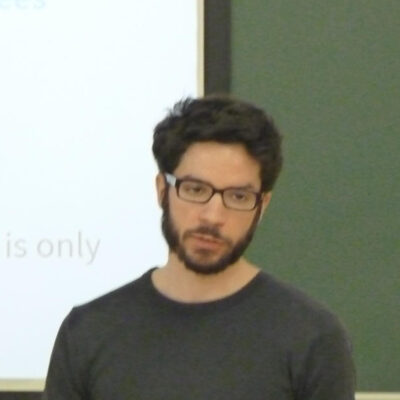
Bárány András
oktatóAgreement in ditransitives and the syntax–information structure interface
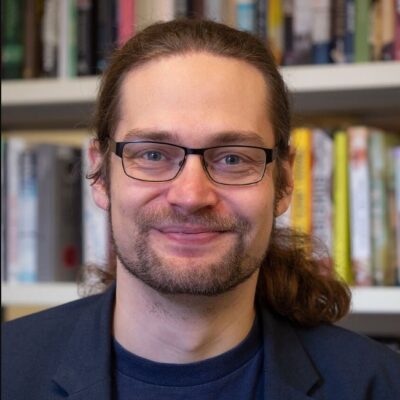
Sampsa Holopainen
kutatóŐsmagyar első szótagi hosszú magánhangzók a jövevényszavak tükrében
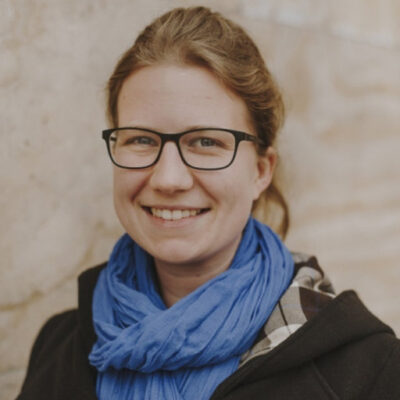
Corinna Langer
lecturerPost-focal creaky voice? – Prosodic disambiguation of syntactic ambiguities

Vecsernyés Ildikó
doktoranduszHelsinki Egyetem
Megszólítások a közösségi oldalak magyar és finn nyelvű társalgásaiban
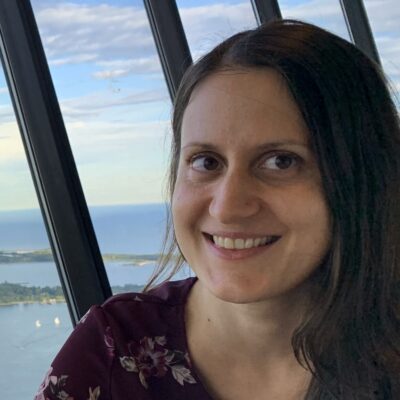
Kiss Angelika
doktoranduszDynamic commitments by declarative questions
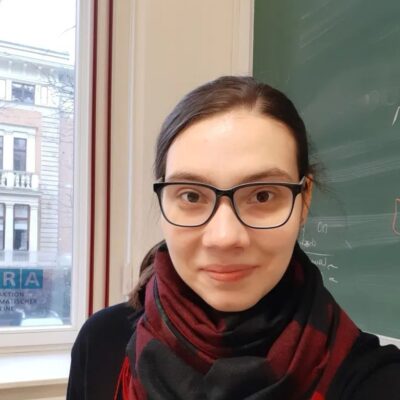
Mariia Privizentseva
doktoranduszThe relative clause structure and projecting movement: Insights from inverse case attraction in Moksha Mordvin
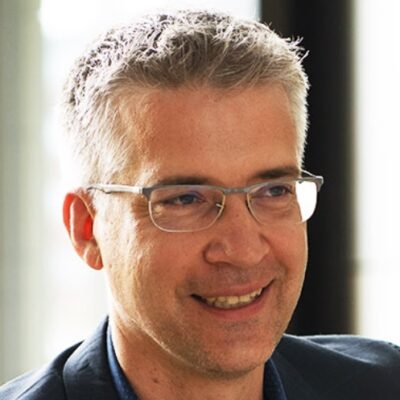
Németh Endre
matematikusÓbudai Egyetem, Alkalmazott Informatikai és Alkalmazott Matematikai Doktori Iskola
Uráli nyelvű populációk genetikai markereinek értelmezése a legfrissebb uráli nyelvészeti modellek tükrében

Szeverényi Sándor
egyetemi docensUráli nyelvű populációk genetikai markereinek értelmezése a legfrissebb uráli nyelvészeti modellek tükrében

Jon Alkorta
kutatóUniversity of Navarra
CLARIAH-EUS: Building a Cross-border CLARIAH Node for the Basque Language

Andreas Pankau
adjunct professorSome observations on the syntax and pragmatics of wh-drop in German
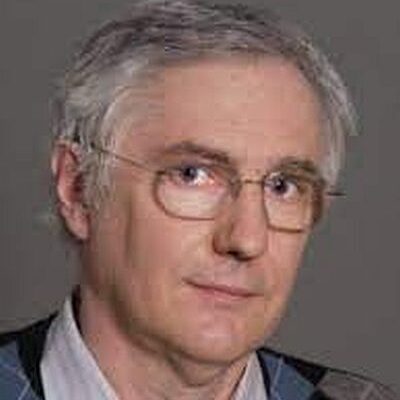
Giampaolo Salvi
egyetemi tanárRomania Germanica – egy szintaktikai jelenség történetéhez – székfoglaló előadás

Maitz Péter
professzorNyelvi evolúció gyarmati kontextusban: unserdeutsch (Rabaul Creole German), Pápua Új-Guinea
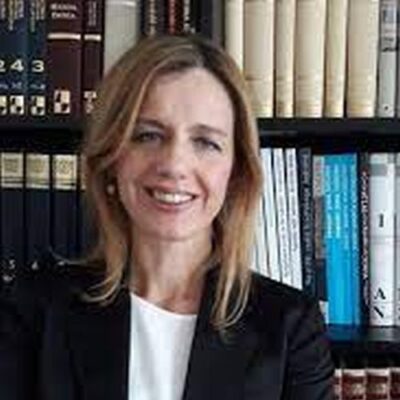
Lexicography and Encyclopedistics in Croatia – The Role of the Miroslav Krleža Institute of Lexicography

Natalia Jardón Pérez
CEU
The state/event distinction in language and beyond

Virovec Viktória
PhD diákDE Nyelvtudományok Doktori Iskola
The interaction between future-time reference and modality in (dialectal) Hungarian– The case of kellesz ‘must.FUT’ and lehetlesz ‘may.FUT’

Prof. Dr. Regine Eckardt
professorRhetorical questions as justifications
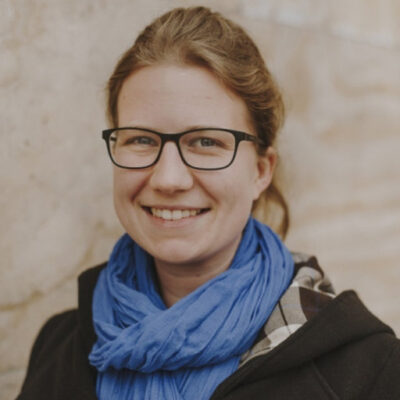
Corinna Langer (Goethe University Frankfurt)
PhD diákProsodic focus marking in Hungarian NPs – Experimental data on production and perception
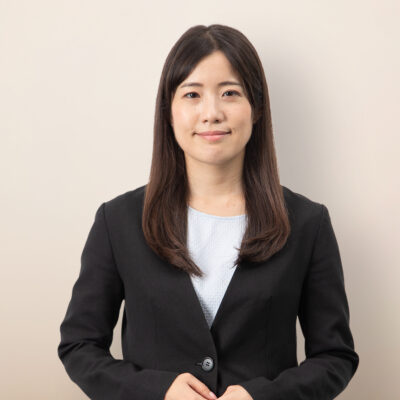
Eguchi Kiyoko
n/aOszakai Egyetem
Path Coding in Hungarian: Focus on preverbs

Hideki Kishimoto
professorAspect and V-V compounds in Japanese

Masashi Kawashima
professzorNihon University
Toward the Comprehension-based Teaching of English Grammar

Bárány András
lecturerTypological asymmetries and agreement alternations in ditransitive constructions
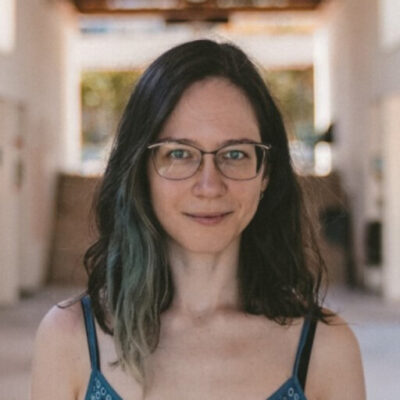
Iva Kovač
n/aUniversity of Vienna
Agreeing to control
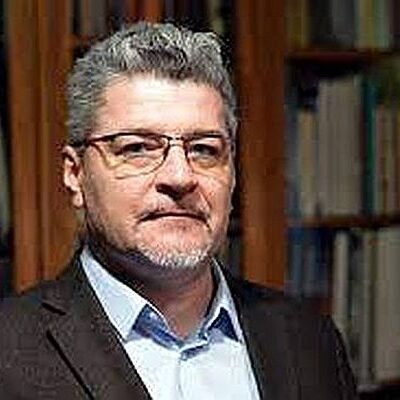
Türk Attila
egyetemi docensA korai magyar történelem régészeti kutatásának legújabb eredményei

Iva Kovač
n/aUniversity of Vienna
Passives, their PIMPs, and implicit control
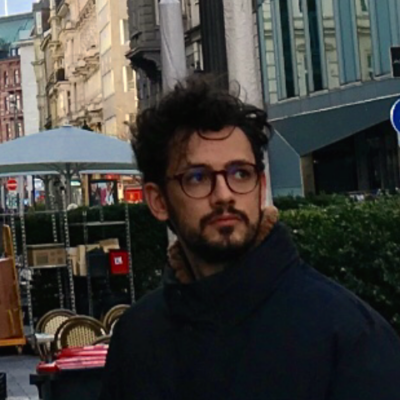
Alessandro Bigolin
doktoranduszHyponymous arguments
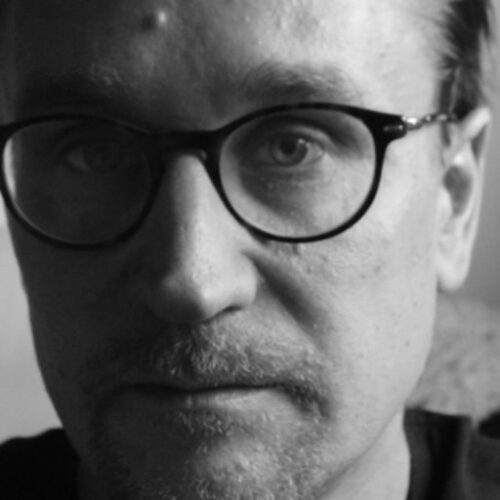
Pauli Brattico
PhDIUSS University School for Advanced Studies, Pavia
Long head movement in Finnish
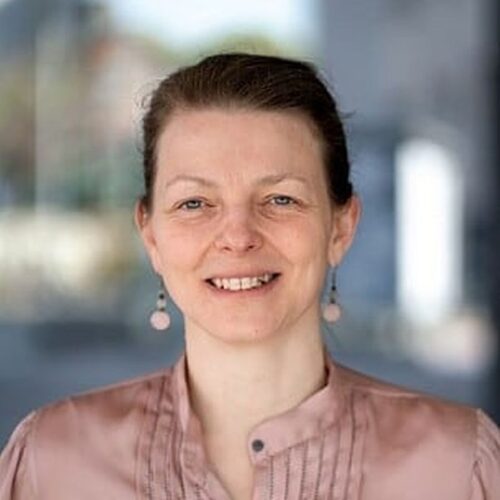
Dr. Gervain Judit
PhDKorai nyelvelsajátítás: nehéz nyelv-e a magyar?
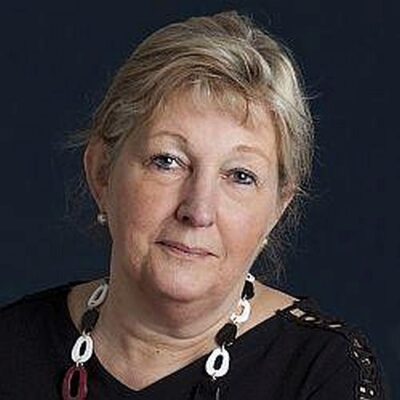
Prof. Dr. Frieda Steurs
professzorThe Center of Expertise for Dutch Terminology Creation, Expansion, Impact

Donáti Flóra Lili
PhD studentRethinking word order constraints in the Hungarian preverbal field: A compset based approach
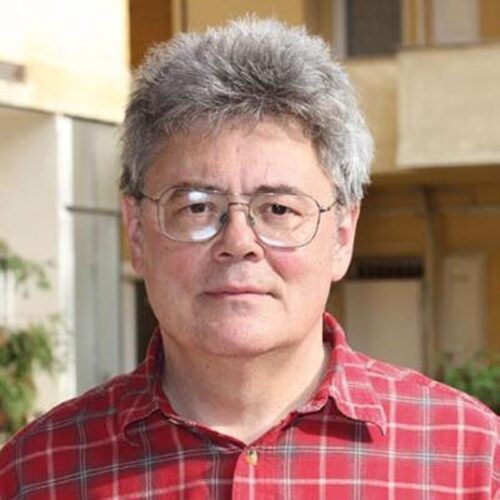
Kornai András
DScDyadic negation
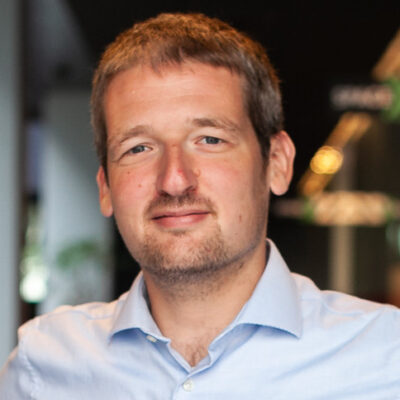
Recski Gábor
tudományos munkatársGyuris B., Mády K., Recski G. (szerk) K + K = 120. Papers dedicated to László Kálmán and András Kornai on the occasion of their 60th birthday c. tanulmánykötet bemutatója
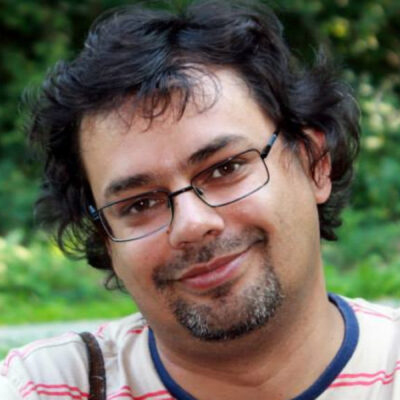
Szentgyörgyi Rudolf
egyetemi adjunktusAblatívuszi határozórag-rendszerünk változatai a középmagyar kor hivatali nyelvhasználatában

Novák Attila
n.a.MTA-PPKE Magyar Nyelvtechnológiai Kutatócsoport
Középmagyar disztribúciós szemantika

Szentgyörgyi Rudolf
egyetemi adjunktusA Biblia és a korai magyar irodalom – Középkori kódexek és más nyelvemlékek c. előadássorozat
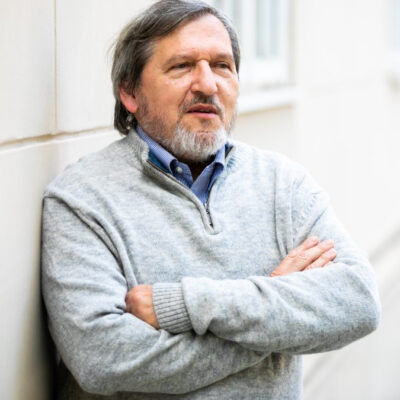
Klima László
egyetemi docensPPKE Magyar Őstörténeti és Honfoglalás Kori Régészeti Tanszék
Őstörténet és honfoglalás ‒ kedd délután
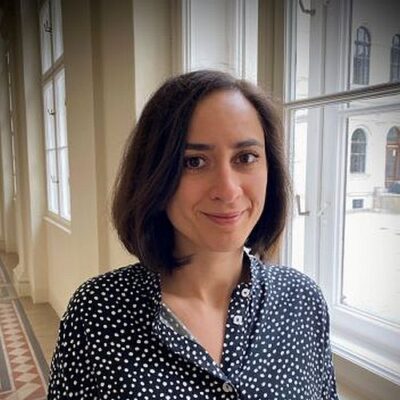
Lea Fricke
university assistantExperimental investigations into exhaustivity of embedded questions
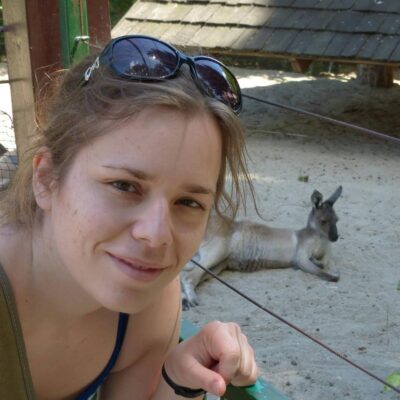
Ács Judit
tanársegédLearning Interpretable Patterns for Morphological Analysis with Deep Neural Networks

Kornai András
tudományos tanácsadó, kutatóLearning Interpretable Patterns for Morphological Analysis with Deep Neural Networks
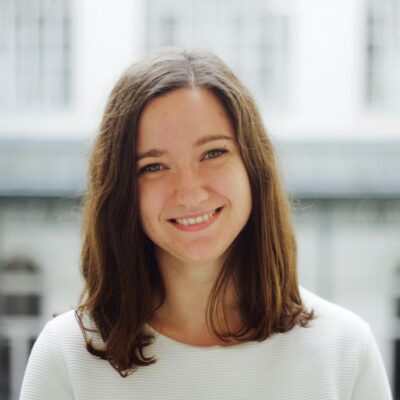
Szabó Eszter
postdoctoral fellowThe emergence of negation comprehension in infancy

Wohlmuth Kata
n/aUniversitat Pompeu Fabra
Hungarian reduplicated numerals and the Distributive Counting Hypothesis

Tapani Salminen
University LecturerInternal and external relationships of the Samoyed languages
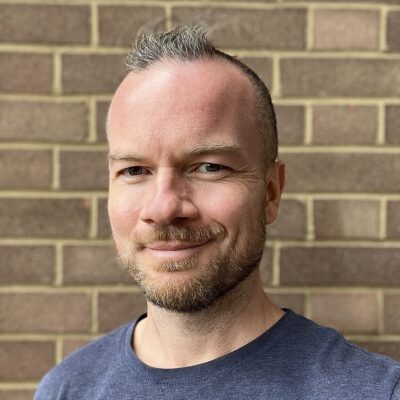
Markus Pöchtrager
assistant professorRecursion and GP 2.0

Juliane House
Professor EmeritusPoliteness, Globalisation and Translation
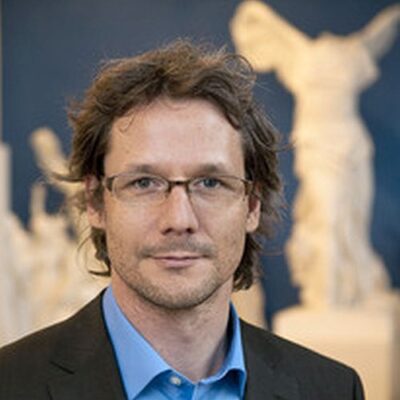
Markus Steinbach
professorUniversity of Göttingen
Response Particles in German Sign Language
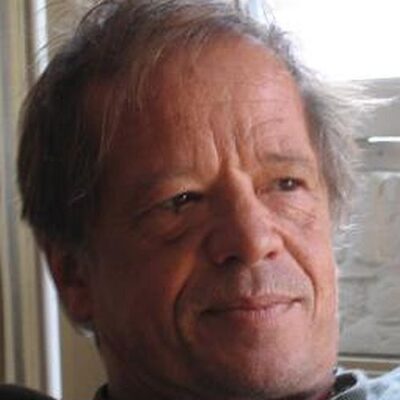
Henk Zeevat
senior lecturerCapturing Quantification and Negation by Dependency for NL Semantics

Sabine Armani
professorThe Epitaph Rescuing the Family: A Semantic Analysis of the Latin Term sobrinus in Epigraphy and other Sources
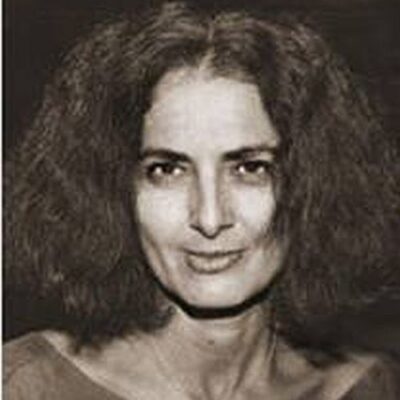
Galia Hatav
associate professorConverbs in Biblical Hebrew

Simona Marchesini
teaching assistantMedium, Message and Errors in Writing Systems of Pre-Roman Italy

Rácz Péter
egyetemi adjunktusUsage frequency and lexical class determine the evolution of kinship terms in Indo-European

Juliane House
Professor EmeritusEnglish as a Global Language: A Threat to Multilingualism, Intercultural Communication and Translation?

Mengmeng Yang
n/an/a
The Syntax of “NP F VP” in Old Chinese

Jianhua Hu
n/an/a
The Syntax of “NP F VP” in Old Chinese

Heini Kallio
lecturerUniversity of Helsinki
Assessing and analysing L2 prosody: new tools & methods

Zhengda TANG
n/an/a
The adverbial harmony and object-fronting prominence in the NW Chinese Mandarins

Jianhua HU
n/an/a
The Bidirectional Growth Model of Children’s Syntax

Dalmi Gréte
n/an/A
The argument structure of Hungarian BE-possessives
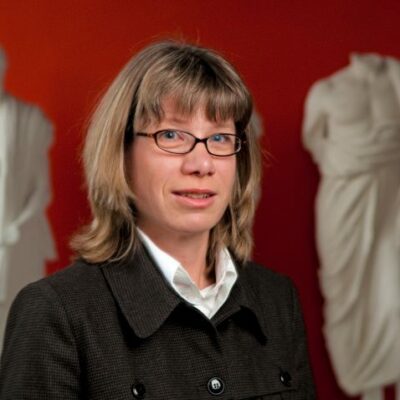
Anke Holler
professzorCorrelative ‘es’ ‒ a Janus face in German grammar

Patay Fanni
MA diákMTA-ELTE Elméleti nyelvészet MA
Categorization strategies in the perception of architectural spaces

Szántay Zsófia
n/aBME
Categorization strategies in the perception of architectural spaces
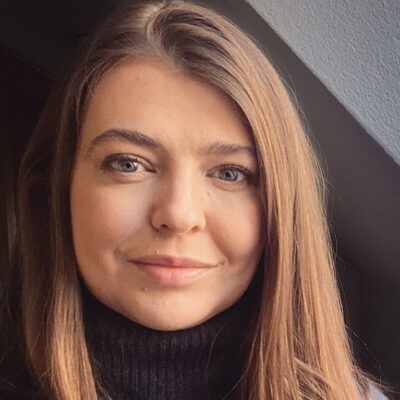
Svitlana Antonyuk
postdoctoral researcherScope Freezing in Russian and Ukrainian and its implications for the argument structure of ditransitives
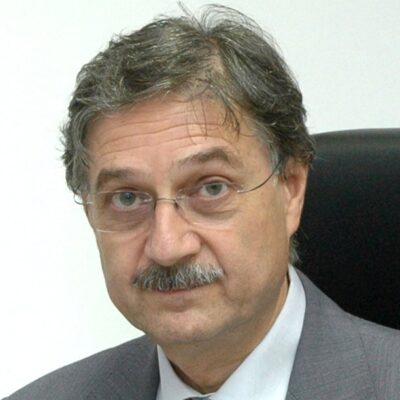
Hunyadi László
professzorEmber-ember, ember-gép, kommunikáció: A HuComTech multimodális korpuszról

Szekrényes István
adjunktusEmber-ember, ember-gép, kommunikáció: A HuComTech multimodális korpuszról
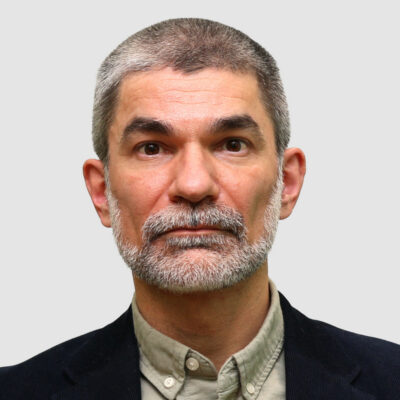
Cser András
egyetemi tanárPPKE
A latin s-végű prefixumok történetéhez
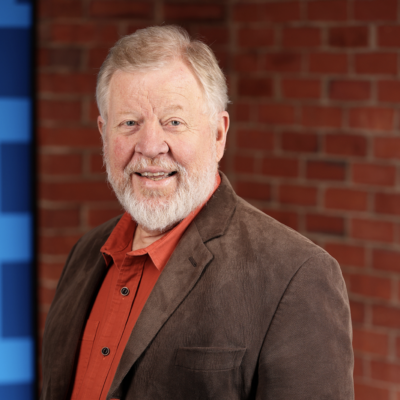
Daniel Everett
professzorHow Language Began
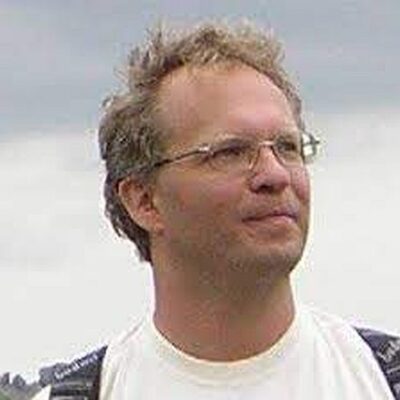
Alberti Gábor
egyetemi tanárReALIS-Inventory of “Possible Worlds” constituting the Intensional Profiles Conventionalized (in Hungarian)
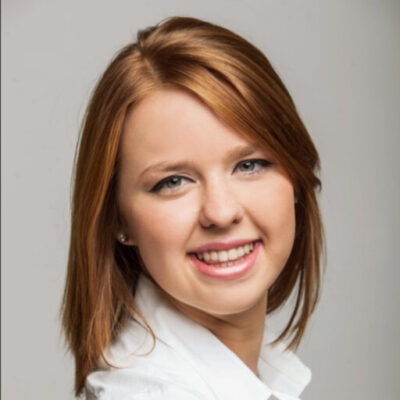
Szeteli Anna
n/aPTE Nyelvtudományi Tanszék
ReALIS-Inventory of “Possible Worlds” constituting the Intensional Profiles Conventionalized (in Hungarian)
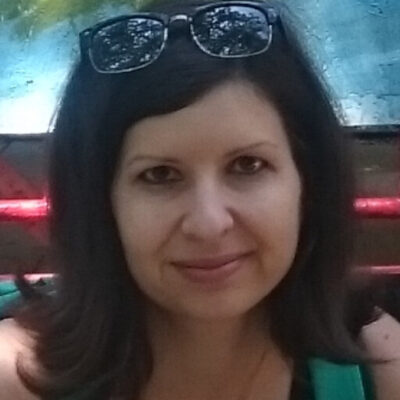
Kleiber Judit
egyetemi docensReALIS-Inventory of “Possible Worlds” constituting the Intensional Profiles Conventionalized (in Hungarian)

Kuniya Nasukawa
n/aTohoku Gakuin University, Sendai, Japan
Acoustic prominence and phonological head-dependent structure
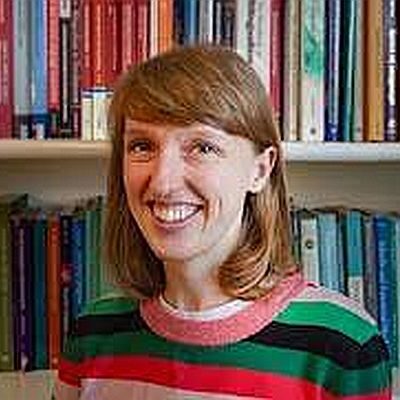
Rebecca Woods
senior lecturerEmbedded Inverted Questions (EIQs) as Conventional Implicatures: a QUD-based approach

Ana Maria Brito
professzorConsecutive clauses in European Portuguese: A syntactic approach

Maria Polinsky
professzorSzintaxis minikurzus 2017 ősz: Syntactic Phenomena
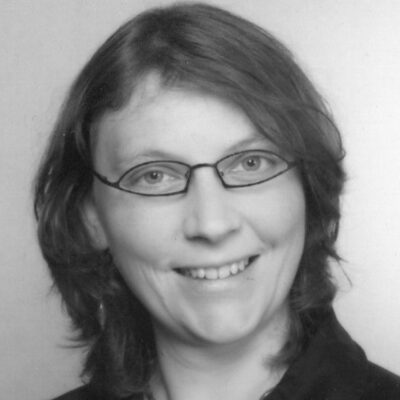
Jutta M. Hartmann
professzorPerson Effects in Low Nominatives
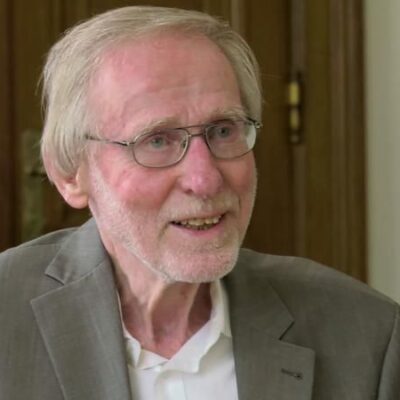
Prof. Dr. Manfred Bierwisch
professzorPermanent Speech Acts
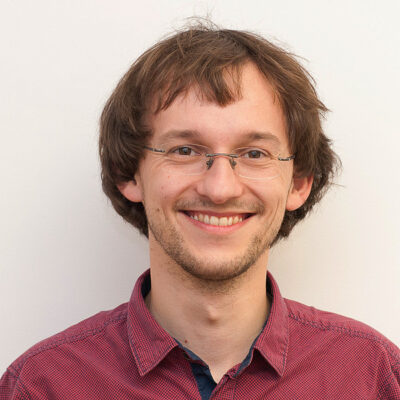
Miloš Jakubíček
research and teaching assistantWord sketches for linguistic analysis
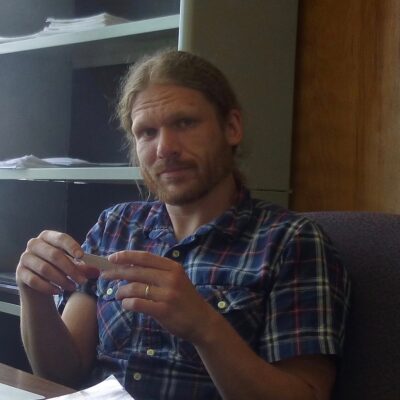
Fredrik Haraldsen
associate professorCollapsing two-dimensionalism
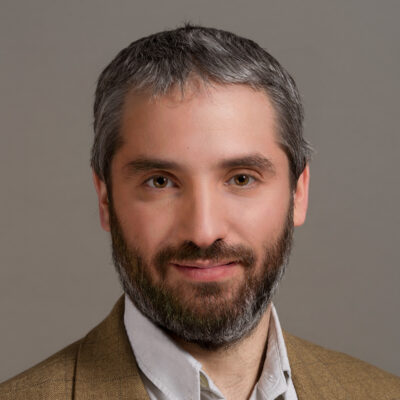
Biró Tamás
egyetemi docensOptimalitáselmélet és analógia: tényleg kiengesztelhetetlen ellentét?
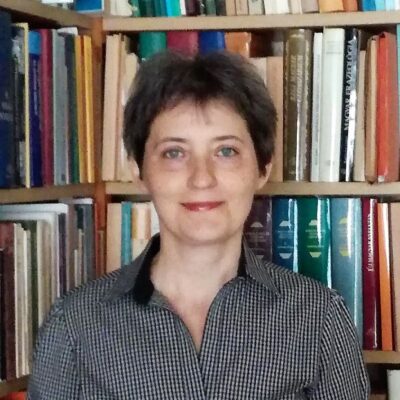
Németh T. Enikő
egyetemi tanárPragmatika Kerekasztal
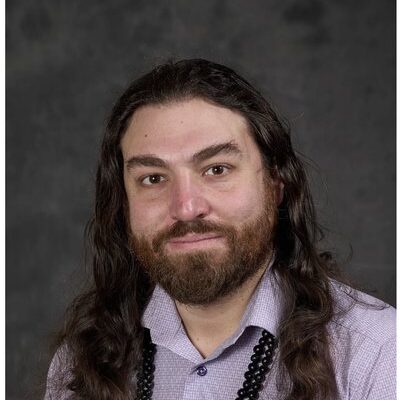
Adam Singerman
assistant professorRelative clauses in Tuparí
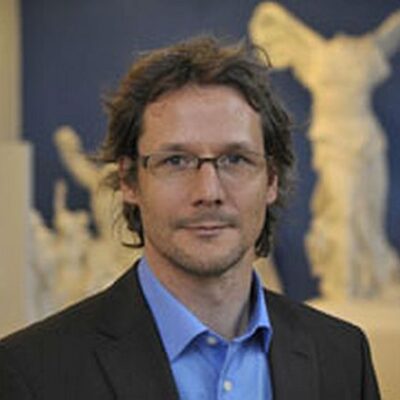
Markus Steinbach
professzorGrammaticalization of Agreement in German Sign Language
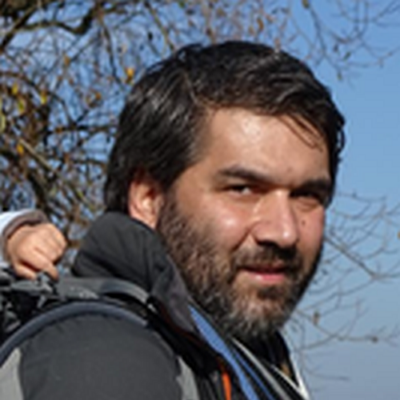
Rákosi György
egyetemi docensThe Pronoun Interpretation Problem in child Hungarian
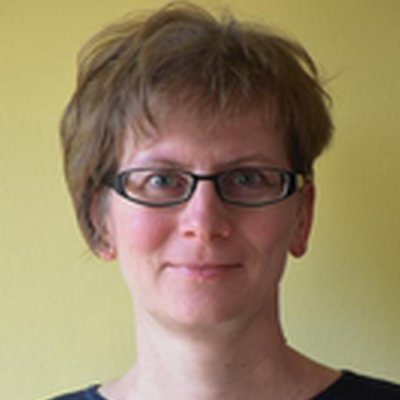
Tóth Enikő
egyetemi docensThe Pronoun Interpretation Problem in child Hungarian
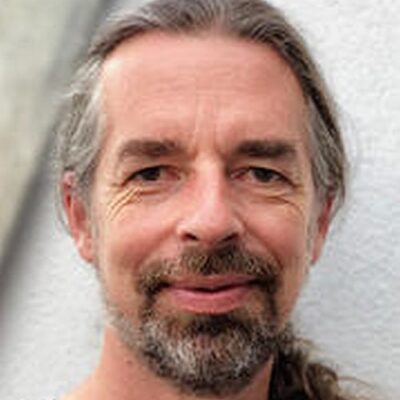
Jonathan David Bobaljik
professzorSzintaxis minikurzusok 2017

Gillian Ramchand
professzorSzintaxis minikurzusok 2017
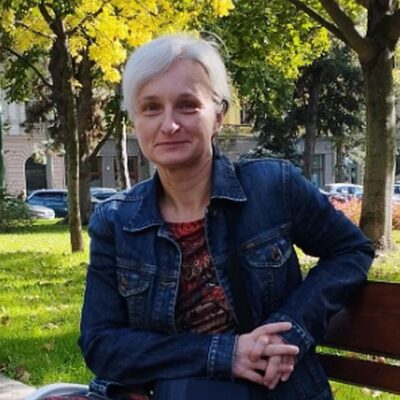
Szécsényi Krisztina
adjunktusObject agreement and locality

Julia Bacskai-Atkari
assistant professorEquative elements and relative clauses
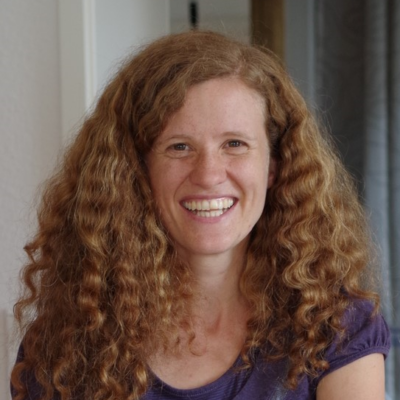
Swantje Tönnis
research and teaching associateExperimental Investigations on Exhaustivity in German it-clefts and Hungarian Preverbal Focus

Jóhannes Gísli Jónsson
professorSubjects and objects in sign languages
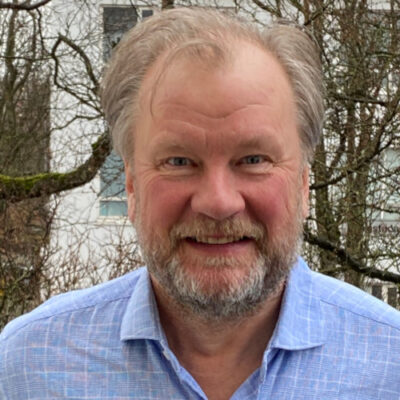
Thórhallur Eythórsson
professorWeak explicit arguments

Anna-Christina Boell
n/aThat’s also it! The exhaustivity effect of non-exclusive focus particles on it-clefts
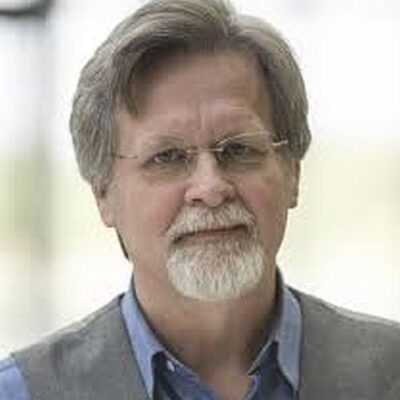
Gregory Grefenstette
researcher in computer sciencen/a
Organizing Personal Data with Personal Semantics and Natural Language Processing
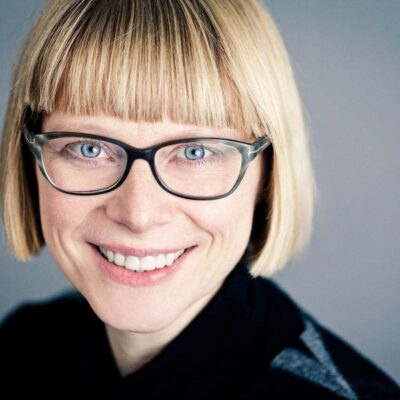
Petra Wagner
professorExploiting the speech-gesture link to capture fine-grained prosodic prominence impressions and unveil individual processing strategies
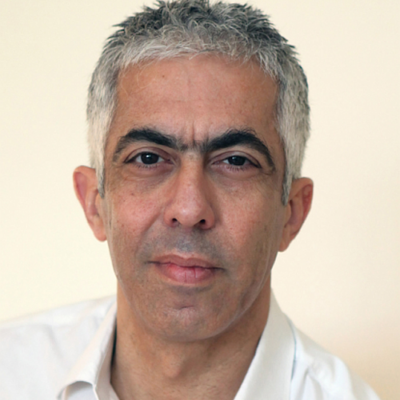
Ilan Kernerman
CEOLexicography today: From a wordbook to knowledge systems
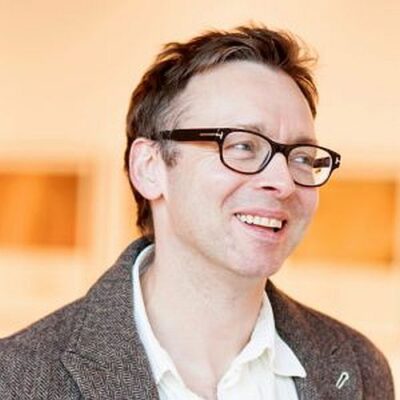
Laurence White
senior lecturerThe origins of speech anti-rhythm
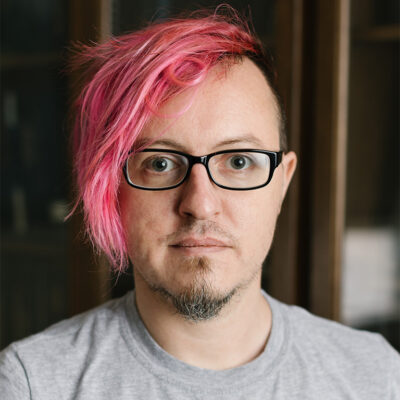
Francis M. Tyers
assistant professorUniversal dependencies and the Uralic languages: The great thing about standards…
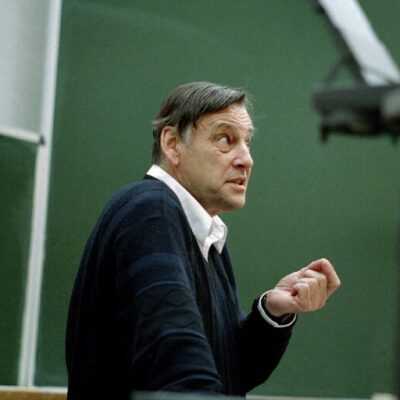
Hans Kamp
professorEpistemic Specificity: An Example of, and a Guide Towards, a Communication–based Theory of Linguistic Meaning
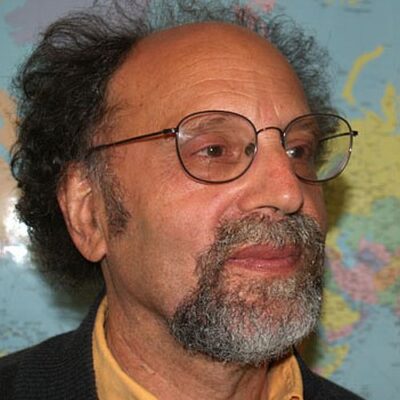
Farrell Ackerman
Professor and Director of the Human Developmental Sciences ProgramInferential Organization in Grammar Systems: Word Structure. Paradigm Organization and Learnability

Nate Charlow
associate professorThe Meaning of Imperatives
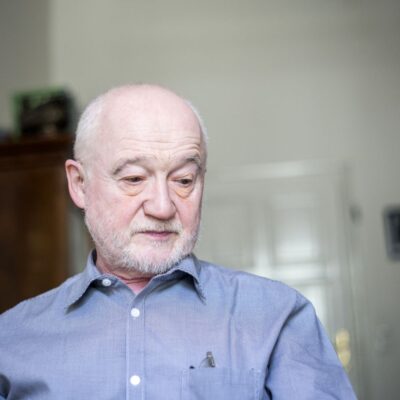
Nádasdy Ádám
egyetemi docensELTE
Az Isteni Színjáték magyar fordításának nyelvészeti kérdései

Sven Tarp
professorAI, Society and Lexicography

Lucie Zemanová
kutatóKároly Egyetem, BTK, Nyelvtudományi Tanszék, Prága
Integrating Selice Romani into the UD framework

Susanne Wurmbrand
professorA syntactic model of Tense and Aspect ‒ a case study of English

Szemes Botond
tudományos segédmunkatársDigitális irodalomtudomány – Szemes Botond (ITI) bemutatkozó előadása

Sóskuthy Márton
associate professorLexical shifts in the emergence of Zipf’s Law of Abbreviation in English

Hu Fang
senior research fellowChinese Academy of Social Sciences, CASS
HU Fang (Kínai Társadalomtudományi Akadémia) és CHEN Shuwen (Kínai Társadalomtudományi Akadémia) előadása

Chen Shuwen
research fellowChinese Academy of Social Sciences, CASS
HU Fang (Kínai Társadalomtudományi Akadémia) és CHEN Shuwen (Kínai Társadalomtudományi Akadémia) előadása

Bari Diána Éva
n/aELTE BTK, Euroexam Vizsgaközpont
Panelek, konstrukciók és nyelvi kompetencia német nyelvvizsgázói szövegekben

Lukács Ágnes
egyetemi tanárNyelvi képességek sztenderd mérése gyermekkorban: normatív trendek és atipikus fejlődési mintázatok a KOBAK – Komplex Beszélt Anyanyelvi Képességteszt tapasztalatai nyomán

Indig Balázs
adjunktusMentális konstrukciók adatorientált azonosítása korpuszban a Mozaik módszer és kapcsolódó eljárások segítségével

Wittenberg, Eva
associate professorTwo sides of language comprehension

Juha Janhunen
professzorUniversity of Helsinki
Uralic as an Eurasian language family with transcontinental dimensions

Indig Balázs
adjunktusMentális konstrukciók adatorientált azonosítása korpuszban a Mozaik módszer és kapcsolódó eljárások segítségével

Szabó Zoltán
professzorOrdinary causal talk

Kiparsky, Paul
ProfesszorFinnish Structural Case

Onič, Tomaž
egyetemi docensRepetition as a Stylistic Device of Violence in Contemporary Drama

Kishimoto, Hideki
professzorExtended predicate formation and the non-agentive verb suru ‘do’ in Japanese

Vigh József
n/aELTE Finnugor Tanszék
A nyelvészeti paleontológia szerepe az uráli nyelvű népek őshazájának kutatásában

Karl Pajusalu
Academician, Professor of History and Dialects of Estonian LanguageTypological profiles of western Uralic languages in the light of the UraTyp and EstTyp datasets

Denys Teptiuk
research fellowDiscursive functions of reported speech and thought in Uralic: towards a typology

Cognola, Federica
associate professorTackling the Type-Mood-Force Nexus Venice-Style

Hinterhölzl, Roland
full professorTackling the Type-Mood-Force Nexus Venice-Style

Munaro, Nicola
researcherTackling the Type-Mood-Force Nexus Venice-Style

Gárdos Judit
tudományos főmunkatársExplanations in sociology and norms of social scientists. An empirical research of the language in scientific papers

Pap Sebestyén
MA hallgatóELTE Társadalomtudományi Kar
Explanations in sociology and norms of social scientists. An empirical research of the language in scientific papers

José A. Mompeán Gonzalez
associate professorUsing diachronic spoken corpora to study sound change in English: the DIACSEN corpus and examples

Kormos Judit
professzorAz anyanyelvi készségek, a munkamemória és a szorongás szerepe az idegennyelvi olvasásban

Nádasdy Ádám
professor emeritusDeviáns szórendek az angolban

HU Fang
research fellowInstitute of Linguistics, Chinese Academy of Social Sciences
The Descriptive Tradition in Chinese Phonetics: On the case of apical vowels

CHEN Shuwen
research fellowInstitute of Linguistics, Chinese Academy of Social Sciences
Production of the English /ɹ/ by Mandarin Learners

Kubitsch Rebeka
tudományos segédmunkatársThe role of indirect evidentials to mark epistemic primacy, epistemic authority and intersubjective distribution in Udmurt

Elizabeth Coppock
assistant professorDivision and distributivity: The case of Hungarian -nként

Kornai András
tudományos tanácsadó, kutatóA “Számítógépes nyelvészet” 35 éve ‒ Prószéky Gábor köszöntése 70. születésnapja alkalmából

Makrai Márton
tudományos munkatársMakrai Márton Symbolic and distributed word representations – chapters on lexical relations and cross-lingual methods c. PhD disszertációjának nyilvános védése

F. Gulyás Nikolett
egyetemi adjunktusCausatives in Surgut Khanty and beyond

Nikita Muravyev
postdoctoral researcherSubjective and objective conjugation in Northern Khanty: a lexically conditioned choice?

Lena Borise
n/aThe curious case of the two-headed phrase: co-compounds in Hungarian and Khanty

Csirmaz Anikó
associate professzorKötetbemutató: ÁNyT 35: Tanulmányok a jelentéstan köréből

Donáti Flóra Lili
tudományos segédmunkatársKötetbemutató: ÁNyT 35: Tanulmányok a jelentéstan köréből

Kardos Éva
tanszékvezető egyetemi docensKötetbemutató: ÁNyT 35: Tanulmányok a jelentéstan köréből

Csirmaz Anikó
associate professorDiagnosing telicity

Johanna Laakso
tanszékvezető professzorHajdú 100: 100 éve született Hajdú Péter

Róna-Tas András
professzor emeritus, akadémikusHajdú 100: 100 éve született Hajdú Péter

Simoncsics Péter
nyugdíjasn/a
Hajdú 100: 100 éve született Hajdú Péter

Sudár Balázs
tudományos főmunkatársHajdú 100: 100 éve született Hajdú Péter

Wagner-Nagy Beáta
tanszékvezető professzorHajdú 100: 100 éve született Hajdú Péter

Aleksandra Belkind
n/aLeipzig University
Indirective-secundative alternation in Kazym Khanty

Rácz Péter
egyetemi adjunktusA magyar inflexió tanulhatóságának kísérletes vizsgálata

Bóna Judit
dékánhelyettes, egyetemi tanárA beszéd változatosságának kérdései, korszerű vizsgálati módszerei és kihívásai

Dér Csilla Ilona
egyetemi docens, tudományos főmunkatársA beszéd változatosságának kérdései, korszerű vizsgálati módszerei és kihívásai

Gosztolya Gábor
tudományos főmunkatársHUN-REN--SZTE Mesterséges Intelligencia Kutatócsoport
A beszéd változatosságának kérdései, korszerű vizsgálati módszerei és kihívásai

Eőry Vilma
ny. tudományos főmunkatársMTA Nyelvtudományi Intézete (2008-ig)
Hogyan, kinek, miről adunk nyelvi tanácsot? Nyelvi közönségszolgálat a HUN-REN Nyelvtudományi Kutatóközpontban

Paula Fenger
postdoctoral researcherThe size of domains: verbs in Sinhala and Japanese

Anar Fazylzhanova
directorAhmet Baitursynov Institute of Linguistics
The Explorations in Modern Kazakh Linguistics

Johannes Hirvonen
n/aUniversity of Vienna
Topics in Meadow Mari Information Structure

Tagliamonte, Sali A.
professorSali A. Tagliamonte előadásai és workshopja

Maša Bešlin
doktoranduszThe Darwin-Plato tension, grammatical primitives, and linguistic principles

Bárány András
oktatóAgreement in ditransitives and the syntax–information structure interface

Sampsa Holopainen
kutatóŐsmagyar első szótagi hosszú magánhangzók a jövevényszavak tükrében

Corinna Langer
lecturerPost-focal creaky voice? – Prosodic disambiguation of syntactic ambiguities

Vecsernyés Ildikó
doktoranduszHelsinki Egyetem
Megszólítások a közösségi oldalak magyar és finn nyelvű társalgásaiban

Kiss Angelika
doktoranduszDynamic commitments by declarative questions

Mariia Privizentseva
doktoranduszThe relative clause structure and projecting movement: Insights from inverse case attraction in Moksha Mordvin

Németh Endre
matematikusÓbudai Egyetem, Alkalmazott Informatikai és Alkalmazott Matematikai Doktori Iskola
Uráli nyelvű populációk genetikai markereinek értelmezése a legfrissebb uráli nyelvészeti modellek tükrében

Szeverényi Sándor
egyetemi docensUráli nyelvű populációk genetikai markereinek értelmezése a legfrissebb uráli nyelvészeti modellek tükrében

Jon Alkorta
kutatóUniversity of Navarra
CLARIAH-EUS: Building a Cross-border CLARIAH Node for the Basque Language

Andreas Pankau
adjunct professorSome observations on the syntax and pragmatics of wh-drop in German

Giampaolo Salvi
egyetemi tanárRomania Germanica – egy szintaktikai jelenség történetéhez – székfoglaló előadás

Maitz Péter
professzorNyelvi evolúció gyarmati kontextusban: unserdeutsch (Rabaul Creole German), Pápua Új-Guinea

Lexicography and Encyclopedistics in Croatia – The Role of the Miroslav Krleža Institute of Lexicography

Natalia Jardón Pérez
CEU
The state/event distinction in language and beyond

Virovec Viktória
PhD diákDE Nyelvtudományok Doktori Iskola
The interaction between future-time reference and modality in (dialectal) Hungarian– The case of kellesz ‘must.FUT’ and lehetlesz ‘may.FUT’

Prof. Dr. Regine Eckardt
professorRhetorical questions as justifications

Corinna Langer (Goethe University Frankfurt)
PhD diákProsodic focus marking in Hungarian NPs – Experimental data on production and perception

Eguchi Kiyoko
n/aOszakai Egyetem
Path Coding in Hungarian: Focus on preverbs

Hideki Kishimoto
professorAspect and V-V compounds in Japanese

Masashi Kawashima
professzorNihon University
Toward the Comprehension-based Teaching of English Grammar

Bárány András
lecturerTypological asymmetries and agreement alternations in ditransitive constructions

Iva Kovač
n/aUniversity of Vienna
Agreeing to control

Türk Attila
egyetemi docensA korai magyar történelem régészeti kutatásának legújabb eredményei

Iva Kovač
n/aUniversity of Vienna
Passives, their PIMPs, and implicit control

Alessandro Bigolin
doktoranduszHyponymous arguments

Pauli Brattico
PhDIUSS University School for Advanced Studies, Pavia
Long head movement in Finnish

Dr. Gervain Judit
PhDKorai nyelvelsajátítás: nehéz nyelv-e a magyar?

Prof. Dr. Frieda Steurs
professzorThe Center of Expertise for Dutch Terminology Creation, Expansion, Impact

Donáti Flóra Lili
PhD studentRethinking word order constraints in the Hungarian preverbal field: A compset based approach

Kornai András
DScDyadic negation

Recski Gábor
tudományos munkatársGyuris B., Mády K., Recski G. (szerk) K + K = 120. Papers dedicated to László Kálmán and András Kornai on the occasion of their 60th birthday c. tanulmánykötet bemutatója

Szentgyörgyi Rudolf
egyetemi adjunktusAblatívuszi határozórag-rendszerünk változatai a középmagyar kor hivatali nyelvhasználatában

Novák Attila
n.a.MTA-PPKE Magyar Nyelvtechnológiai Kutatócsoport
Középmagyar disztribúciós szemantika

Szentgyörgyi Rudolf
egyetemi adjunktusA Biblia és a korai magyar irodalom – Középkori kódexek és más nyelvemlékek c. előadássorozat

Klima László
egyetemi docensPPKE Magyar Őstörténeti és Honfoglalás Kori Régészeti Tanszék
Őstörténet és honfoglalás ‒ kedd délután

Lea Fricke
university assistantExperimental investigations into exhaustivity of embedded questions

Ács Judit
tanársegédLearning Interpretable Patterns for Morphological Analysis with Deep Neural Networks

Kornai András
tudományos tanácsadó, kutatóLearning Interpretable Patterns for Morphological Analysis with Deep Neural Networks

Szabó Eszter
postdoctoral fellowThe emergence of negation comprehension in infancy

Wohlmuth Kata
n/aUniversitat Pompeu Fabra
Hungarian reduplicated numerals and the Distributive Counting Hypothesis

Tapani Salminen
University LecturerInternal and external relationships of the Samoyed languages

Markus Pöchtrager
assistant professorRecursion and GP 2.0

Juliane House
Professor EmeritusPoliteness, Globalisation and Translation

Markus Steinbach
professorUniversity of Göttingen
Response Particles in German Sign Language

Henk Zeevat
senior lecturerCapturing Quantification and Negation by Dependency for NL Semantics

Sabine Armani
professorThe Epitaph Rescuing the Family: A Semantic Analysis of the Latin Term sobrinus in Epigraphy and other Sources

Galia Hatav
associate professorConverbs in Biblical Hebrew

Simona Marchesini
teaching assistantMedium, Message and Errors in Writing Systems of Pre-Roman Italy

Rácz Péter
egyetemi adjunktusUsage frequency and lexical class determine the evolution of kinship terms in Indo-European

Juliane House
Professor EmeritusEnglish as a Global Language: A Threat to Multilingualism, Intercultural Communication and Translation?

Mengmeng Yang
n/an/a
The Syntax of “NP F VP” in Old Chinese

Jianhua Hu
n/an/a
The Syntax of “NP F VP” in Old Chinese

Heini Kallio
lecturerUniversity of Helsinki
Assessing and analysing L2 prosody: new tools & methods

Zhengda TANG
n/an/a
The adverbial harmony and object-fronting prominence in the NW Chinese Mandarins

Jianhua HU
n/an/a
The Bidirectional Growth Model of Children’s Syntax

Dalmi Gréte
n/an/A
The argument structure of Hungarian BE-possessives

Anke Holler
professzorCorrelative ‘es’ ‒ a Janus face in German grammar

Patay Fanni
MA diákMTA-ELTE Elméleti nyelvészet MA
Categorization strategies in the perception of architectural spaces

Szántay Zsófia
n/aBME
Categorization strategies in the perception of architectural spaces

Svitlana Antonyuk
postdoctoral researcherScope Freezing in Russian and Ukrainian and its implications for the argument structure of ditransitives

Hunyadi László
professzorEmber-ember, ember-gép, kommunikáció: A HuComTech multimodális korpuszról

Szekrényes István
adjunktusEmber-ember, ember-gép, kommunikáció: A HuComTech multimodális korpuszról

Cser András
egyetemi tanárPPKE
A latin s-végű prefixumok történetéhez

Daniel Everett
professzorHow Language Began

Alberti Gábor
egyetemi tanárReALIS-Inventory of “Possible Worlds” constituting the Intensional Profiles Conventionalized (in Hungarian)

Szeteli Anna
n/aPTE Nyelvtudományi Tanszék
ReALIS-Inventory of “Possible Worlds” constituting the Intensional Profiles Conventionalized (in Hungarian)

Kleiber Judit
egyetemi docensReALIS-Inventory of “Possible Worlds” constituting the Intensional Profiles Conventionalized (in Hungarian)

Kuniya Nasukawa
n/aTohoku Gakuin University, Sendai, Japan
Acoustic prominence and phonological head-dependent structure

Rebecca Woods
senior lecturerEmbedded Inverted Questions (EIQs) as Conventional Implicatures: a QUD-based approach

Ana Maria Brito
professzorConsecutive clauses in European Portuguese: A syntactic approach

Maria Polinsky
professzorSzintaxis minikurzus 2017 ősz: Syntactic Phenomena

Jutta M. Hartmann
professzorPerson Effects in Low Nominatives

Prof. Dr. Manfred Bierwisch
professzorPermanent Speech Acts

Miloš Jakubíček
research and teaching assistantWord sketches for linguistic analysis

Fredrik Haraldsen
associate professorCollapsing two-dimensionalism

Biró Tamás
egyetemi docensOptimalitáselmélet és analógia: tényleg kiengesztelhetetlen ellentét?

Németh T. Enikő
egyetemi tanárPragmatika Kerekasztal

Adam Singerman
assistant professorRelative clauses in Tuparí

Markus Steinbach
professzorGrammaticalization of Agreement in German Sign Language

Rákosi György
egyetemi docensThe Pronoun Interpretation Problem in child Hungarian

Tóth Enikő
egyetemi docensThe Pronoun Interpretation Problem in child Hungarian

Jonathan David Bobaljik
professzorSzintaxis minikurzusok 2017

Gillian Ramchand
professzorSzintaxis minikurzusok 2017

Szécsényi Krisztina
adjunktusObject agreement and locality

Julia Bacskai-Atkari
assistant professorEquative elements and relative clauses

Swantje Tönnis
research and teaching associateExperimental Investigations on Exhaustivity in German it-clefts and Hungarian Preverbal Focus

Jóhannes Gísli Jónsson
professorSubjects and objects in sign languages

Thórhallur Eythórsson
professorWeak explicit arguments

Anna-Christina Boell
n/aThat’s also it! The exhaustivity effect of non-exclusive focus particles on it-clefts

Gregory Grefenstette
researcher in computer sciencen/a
Organizing Personal Data with Personal Semantics and Natural Language Processing

Petra Wagner
professorExploiting the speech-gesture link to capture fine-grained prosodic prominence impressions and unveil individual processing strategies

Ilan Kernerman
CEOLexicography today: From a wordbook to knowledge systems

Laurence White
senior lecturerThe origins of speech anti-rhythm

Francis M. Tyers
assistant professorUniversal dependencies and the Uralic languages: The great thing about standards…

Hans Kamp
professorEpistemic Specificity: An Example of, and a Guide Towards, a Communication–based Theory of Linguistic Meaning

Farrell Ackerman
Professor and Director of the Human Developmental Sciences ProgramInferential Organization in Grammar Systems: Word Structure. Paradigm Organization and Learnability

Nate Charlow
associate professorThe Meaning of Imperatives

Nádasdy Ádám
egyetemi docensELTE
Az Isteni Színjáték magyar fordításának nyelvészeti kérdései

Sven Tarp
professorAI, Society and Lexicography

Lucie Zemanová
kutatóKároly Egyetem, BTK, Nyelvtudományi Tanszék, Prága
Integrating Selice Romani into the UD framework

Susanne Wurmbrand
professorA syntactic model of Tense and Aspect ‒ a case study of English

Szemes Botond
tudományos segédmunkatársDigitális irodalomtudomány – Szemes Botond (ITI) bemutatkozó előadása

Sóskuthy Márton
associate professorLexical shifts in the emergence of Zipf’s Law of Abbreviation in English

Hu Fang
senior research fellowChinese Academy of Social Sciences, CASS
HU Fang (Kínai Társadalomtudományi Akadémia) és CHEN Shuwen (Kínai Társadalomtudományi Akadémia) előadása

Chen Shuwen
research fellowChinese Academy of Social Sciences, CASS
HU Fang (Kínai Társadalomtudományi Akadémia) és CHEN Shuwen (Kínai Társadalomtudományi Akadémia) előadása

Bari Diána Éva
n/aELTE BTK, Euroexam Vizsgaközpont
Panelek, konstrukciók és nyelvi kompetencia német nyelvvizsgázói szövegekben

Lukács Ágnes
egyetemi tanárNyelvi képességek sztenderd mérése gyermekkorban: normatív trendek és atipikus fejlődési mintázatok a KOBAK – Komplex Beszélt Anyanyelvi Képességteszt tapasztalatai nyomán

Indig Balázs
adjunktusMentális konstrukciók adatorientált azonosítása korpuszban a Mozaik módszer és kapcsolódó eljárások segítségével

Wittenberg, Eva
associate professorTwo sides of language comprehension

Juha Janhunen
professzorUniversity of Helsinki
Uralic as an Eurasian language family with transcontinental dimensions

Indig Balázs
adjunktusMentális konstrukciók adatorientált azonosítása korpuszban a Mozaik módszer és kapcsolódó eljárások segítségével

Szabó Zoltán
professzorOrdinary causal talk

Kiparsky, Paul
ProfesszorFinnish Structural Case

Onič, Tomaž
egyetemi docensRepetition as a Stylistic Device of Violence in Contemporary Drama

Kishimoto, Hideki
professzorExtended predicate formation and the non-agentive verb suru ‘do’ in Japanese

Vigh József
n/aELTE Finnugor Tanszék
A nyelvészeti paleontológia szerepe az uráli nyelvű népek őshazájának kutatásában

Karl Pajusalu
Academician, Professor of History and Dialects of Estonian LanguageTypological profiles of western Uralic languages in the light of the UraTyp and EstTyp datasets

Denys Teptiuk
research fellowDiscursive functions of reported speech and thought in Uralic: towards a typology

Cognola, Federica
associate professorTackling the Type-Mood-Force Nexus Venice-Style

Hinterhölzl, Roland
full professorTackling the Type-Mood-Force Nexus Venice-Style

Munaro, Nicola
researcherTackling the Type-Mood-Force Nexus Venice-Style

Gárdos Judit
tudományos főmunkatársExplanations in sociology and norms of social scientists. An empirical research of the language in scientific papers

Pap Sebestyén
MA hallgatóELTE Társadalomtudományi Kar
Explanations in sociology and norms of social scientists. An empirical research of the language in scientific papers

José A. Mompeán Gonzalez
associate professorUsing diachronic spoken corpora to study sound change in English: the DIACSEN corpus and examples

Kormos Judit
professzorAz anyanyelvi készségek, a munkamemória és a szorongás szerepe az idegennyelvi olvasásban

Nádasdy Ádám
professor emeritusDeviáns szórendek az angolban

HU Fang
research fellowInstitute of Linguistics, Chinese Academy of Social Sciences
The Descriptive Tradition in Chinese Phonetics: On the case of apical vowels

CHEN Shuwen
research fellowInstitute of Linguistics, Chinese Academy of Social Sciences
Production of the English /ɹ/ by Mandarin Learners

Kubitsch Rebeka
tudományos segédmunkatársThe role of indirect evidentials to mark epistemic primacy, epistemic authority and intersubjective distribution in Udmurt

Elizabeth Coppock
assistant professorDivision and distributivity: The case of Hungarian -nként

Kornai András
tudományos tanácsadó, kutatóA “Számítógépes nyelvészet” 35 éve ‒ Prószéky Gábor köszöntése 70. születésnapja alkalmából

Makrai Márton
tudományos munkatársMakrai Márton Symbolic and distributed word representations – chapters on lexical relations and cross-lingual methods c. PhD disszertációjának nyilvános védése

F. Gulyás Nikolett
egyetemi adjunktusCausatives in Surgut Khanty and beyond

Nikita Muravyev
postdoctoral researcherSubjective and objective conjugation in Northern Khanty: a lexically conditioned choice?

Lena Borise
n/aThe curious case of the two-headed phrase: co-compounds in Hungarian and Khanty

Csirmaz Anikó
associate professzorKötetbemutató: ÁNyT 35: Tanulmányok a jelentéstan köréből

Donáti Flóra Lili
tudományos segédmunkatársKötetbemutató: ÁNyT 35: Tanulmányok a jelentéstan köréből

Kardos Éva
tanszékvezető egyetemi docensKötetbemutató: ÁNyT 35: Tanulmányok a jelentéstan köréből

Csirmaz Anikó
associate professorDiagnosing telicity

Johanna Laakso
tanszékvezető professzorHajdú 100: 100 éve született Hajdú Péter

Róna-Tas András
professzor emeritus, akadémikusHajdú 100: 100 éve született Hajdú Péter

Simoncsics Péter
nyugdíjasn/a
Hajdú 100: 100 éve született Hajdú Péter

Sudár Balázs
tudományos főmunkatársHajdú 100: 100 éve született Hajdú Péter

Wagner-Nagy Beáta
tanszékvezető professzorHajdú 100: 100 éve született Hajdú Péter

Aleksandra Belkind
n/aLeipzig University
Indirective-secundative alternation in Kazym Khanty

Rácz Péter
egyetemi adjunktusA magyar inflexió tanulhatóságának kísérletes vizsgálata

Bóna Judit
dékánhelyettes, egyetemi tanárA beszéd változatosságának kérdései, korszerű vizsgálati módszerei és kihívásai

Dér Csilla Ilona
egyetemi docens, tudományos főmunkatársA beszéd változatosságának kérdései, korszerű vizsgálati módszerei és kihívásai

Gosztolya Gábor
tudományos főmunkatársHUN-REN--SZTE Mesterséges Intelligencia Kutatócsoport
A beszéd változatosságának kérdései, korszerű vizsgálati módszerei és kihívásai

Eőry Vilma
ny. tudományos főmunkatársMTA Nyelvtudományi Intézete (2008-ig)
Hogyan, kinek, miről adunk nyelvi tanácsot? Nyelvi közönségszolgálat a HUN-REN Nyelvtudományi Kutatóközpontban

Paula Fenger
postdoctoral researcherThe size of domains: verbs in Sinhala and Japanese

Anar Fazylzhanova
directorAhmet Baitursynov Institute of Linguistics
The Explorations in Modern Kazakh Linguistics

Johannes Hirvonen
n/aUniversity of Vienna
Topics in Meadow Mari Information Structure

Tagliamonte, Sali A.
professorSali A. Tagliamonte előadásai és workshopja

Maša Bešlin
doktoranduszThe Darwin-Plato tension, grammatical primitives, and linguistic principles

Bárány András
oktatóAgreement in ditransitives and the syntax–information structure interface

Sampsa Holopainen
kutatóŐsmagyar első szótagi hosszú magánhangzók a jövevényszavak tükrében

Corinna Langer
lecturerPost-focal creaky voice? – Prosodic disambiguation of syntactic ambiguities

Vecsernyés Ildikó
doktoranduszHelsinki Egyetem
Megszólítások a közösségi oldalak magyar és finn nyelvű társalgásaiban

Kiss Angelika
doktoranduszDynamic commitments by declarative questions

Mariia Privizentseva
doktoranduszThe relative clause structure and projecting movement: Insights from inverse case attraction in Moksha Mordvin

Németh Endre
matematikusÓbudai Egyetem, Alkalmazott Informatikai és Alkalmazott Matematikai Doktori Iskola
Uráli nyelvű populációk genetikai markereinek értelmezése a legfrissebb uráli nyelvészeti modellek tükrében

Szeverényi Sándor
egyetemi docensUráli nyelvű populációk genetikai markereinek értelmezése a legfrissebb uráli nyelvészeti modellek tükrében

Jon Alkorta
kutatóUniversity of Navarra
CLARIAH-EUS: Building a Cross-border CLARIAH Node for the Basque Language

Andreas Pankau
adjunct professorSome observations on the syntax and pragmatics of wh-drop in German

Giampaolo Salvi
egyetemi tanárRomania Germanica – egy szintaktikai jelenség történetéhez – székfoglaló előadás

Maitz Péter
professzorNyelvi evolúció gyarmati kontextusban: unserdeutsch (Rabaul Creole German), Pápua Új-Guinea

Lexicography and Encyclopedistics in Croatia – The Role of the Miroslav Krleža Institute of Lexicography

Natalia Jardón Pérez
CEU
The state/event distinction in language and beyond

Virovec Viktória
PhD diákDE Nyelvtudományok Doktori Iskola
The interaction between future-time reference and modality in (dialectal) Hungarian– The case of kellesz ‘must.FUT’ and lehetlesz ‘may.FUT’

Prof. Dr. Regine Eckardt
professorRhetorical questions as justifications

Corinna Langer (Goethe University Frankfurt)
PhD diákProsodic focus marking in Hungarian NPs – Experimental data on production and perception

Eguchi Kiyoko
n/aOszakai Egyetem
Path Coding in Hungarian: Focus on preverbs

Hideki Kishimoto
professorAspect and V-V compounds in Japanese

Masashi Kawashima
professzorNihon University
Toward the Comprehension-based Teaching of English Grammar

Bárány András
lecturerTypological asymmetries and agreement alternations in ditransitive constructions

Iva Kovač
n/aUniversity of Vienna
Agreeing to control

Türk Attila
egyetemi docensA korai magyar történelem régészeti kutatásának legújabb eredményei

Iva Kovač
n/aUniversity of Vienna
Passives, their PIMPs, and implicit control

Alessandro Bigolin
doktoranduszHyponymous arguments

Pauli Brattico
PhDIUSS University School for Advanced Studies, Pavia
Long head movement in Finnish

Dr. Gervain Judit
PhDKorai nyelvelsajátítás: nehéz nyelv-e a magyar?

Prof. Dr. Frieda Steurs
professzorThe Center of Expertise for Dutch Terminology Creation, Expansion, Impact

Donáti Flóra Lili
PhD studentRethinking word order constraints in the Hungarian preverbal field: A compset based approach

Kornai András
DScDyadic negation

Recski Gábor
tudományos munkatársGyuris B., Mády K., Recski G. (szerk) K + K = 120. Papers dedicated to László Kálmán and András Kornai on the occasion of their 60th birthday c. tanulmánykötet bemutatója

Szentgyörgyi Rudolf
egyetemi adjunktusAblatívuszi határozórag-rendszerünk változatai a középmagyar kor hivatali nyelvhasználatában

Novák Attila
n.a.MTA-PPKE Magyar Nyelvtechnológiai Kutatócsoport
Középmagyar disztribúciós szemantika

Szentgyörgyi Rudolf
egyetemi adjunktusA Biblia és a korai magyar irodalom – Középkori kódexek és más nyelvemlékek c. előadássorozat

Klima László
egyetemi docensPPKE Magyar Őstörténeti és Honfoglalás Kori Régészeti Tanszék
Őstörténet és honfoglalás ‒ kedd délután

Lea Fricke
university assistantExperimental investigations into exhaustivity of embedded questions

Ács Judit
tanársegédLearning Interpretable Patterns for Morphological Analysis with Deep Neural Networks

Kornai András
tudományos tanácsadó, kutatóLearning Interpretable Patterns for Morphological Analysis with Deep Neural Networks

Szabó Eszter
postdoctoral fellowThe emergence of negation comprehension in infancy

Wohlmuth Kata
n/aUniversitat Pompeu Fabra
Hungarian reduplicated numerals and the Distributive Counting Hypothesis

Tapani Salminen
University LecturerInternal and external relationships of the Samoyed languages

Markus Pöchtrager
assistant professorRecursion and GP 2.0

Juliane House
Professor EmeritusPoliteness, Globalisation and Translation

Markus Steinbach
professorUniversity of Göttingen
Response Particles in German Sign Language

Henk Zeevat
senior lecturerCapturing Quantification and Negation by Dependency for NL Semantics

Sabine Armani
professorThe Epitaph Rescuing the Family: A Semantic Analysis of the Latin Term sobrinus in Epigraphy and other Sources

Galia Hatav
associate professorConverbs in Biblical Hebrew

Simona Marchesini
teaching assistantMedium, Message and Errors in Writing Systems of Pre-Roman Italy

Rácz Péter
egyetemi adjunktusUsage frequency and lexical class determine the evolution of kinship terms in Indo-European

Juliane House
Professor EmeritusEnglish as a Global Language: A Threat to Multilingualism, Intercultural Communication and Translation?

Mengmeng Yang
n/an/a
The Syntax of “NP F VP” in Old Chinese

Jianhua Hu
n/an/a
The Syntax of “NP F VP” in Old Chinese

Heini Kallio
lecturerUniversity of Helsinki
Assessing and analysing L2 prosody: new tools & methods

Zhengda TANG
n/an/a
The adverbial harmony and object-fronting prominence in the NW Chinese Mandarins

Jianhua HU
n/an/a
The Bidirectional Growth Model of Children’s Syntax

Dalmi Gréte
n/an/A
The argument structure of Hungarian BE-possessives

Anke Holler
professzorCorrelative ‘es’ ‒ a Janus face in German grammar

Patay Fanni
MA diákMTA-ELTE Elméleti nyelvészet MA
Categorization strategies in the perception of architectural spaces

Szántay Zsófia
n/aBME
Categorization strategies in the perception of architectural spaces

Svitlana Antonyuk
postdoctoral researcherScope Freezing in Russian and Ukrainian and its implications for the argument structure of ditransitives

Hunyadi László
professzorEmber-ember, ember-gép, kommunikáció: A HuComTech multimodális korpuszról

Szekrényes István
adjunktusEmber-ember, ember-gép, kommunikáció: A HuComTech multimodális korpuszról

Cser András
egyetemi tanárPPKE
A latin s-végű prefixumok történetéhez

Daniel Everett
professzorHow Language Began

Alberti Gábor
egyetemi tanárReALIS-Inventory of “Possible Worlds” constituting the Intensional Profiles Conventionalized (in Hungarian)

Szeteli Anna
n/aPTE Nyelvtudományi Tanszék
ReALIS-Inventory of “Possible Worlds” constituting the Intensional Profiles Conventionalized (in Hungarian)

Kleiber Judit
egyetemi docensReALIS-Inventory of “Possible Worlds” constituting the Intensional Profiles Conventionalized (in Hungarian)

Kuniya Nasukawa
n/aTohoku Gakuin University, Sendai, Japan
Acoustic prominence and phonological head-dependent structure

Rebecca Woods
senior lecturerEmbedded Inverted Questions (EIQs) as Conventional Implicatures: a QUD-based approach

Ana Maria Brito
professzorConsecutive clauses in European Portuguese: A syntactic approach

Maria Polinsky
professzorSzintaxis minikurzus 2017 ősz: Syntactic Phenomena

Jutta M. Hartmann
professzorPerson Effects in Low Nominatives

Prof. Dr. Manfred Bierwisch
professzorPermanent Speech Acts

Miloš Jakubíček
research and teaching assistantWord sketches for linguistic analysis

Fredrik Haraldsen
associate professorCollapsing two-dimensionalism

Biró Tamás
egyetemi docensOptimalitáselmélet és analógia: tényleg kiengesztelhetetlen ellentét?

Németh T. Enikő
egyetemi tanárPragmatika Kerekasztal

Adam Singerman
assistant professorRelative clauses in Tuparí

Markus Steinbach
professzorGrammaticalization of Agreement in German Sign Language

Rákosi György
egyetemi docensThe Pronoun Interpretation Problem in child Hungarian

Tóth Enikő
egyetemi docensThe Pronoun Interpretation Problem in child Hungarian

Jonathan David Bobaljik
professzorSzintaxis minikurzusok 2017

Gillian Ramchand
professzorSzintaxis minikurzusok 2017

Szécsényi Krisztina
adjunktusObject agreement and locality

Julia Bacskai-Atkari
assistant professorEquative elements and relative clauses

Swantje Tönnis
research and teaching associateExperimental Investigations on Exhaustivity in German it-clefts and Hungarian Preverbal Focus

Jóhannes Gísli Jónsson
professorSubjects and objects in sign languages

Thórhallur Eythórsson
professorWeak explicit arguments

Anna-Christina Boell
n/aThat’s also it! The exhaustivity effect of non-exclusive focus particles on it-clefts

Gregory Grefenstette
researcher in computer sciencen/a
Organizing Personal Data with Personal Semantics and Natural Language Processing

Petra Wagner
professorExploiting the speech-gesture link to capture fine-grained prosodic prominence impressions and unveil individual processing strategies

Ilan Kernerman
CEOLexicography today: From a wordbook to knowledge systems

Laurence White
senior lecturerThe origins of speech anti-rhythm

Francis M. Tyers
assistant professorUniversal dependencies and the Uralic languages: The great thing about standards…

Hans Kamp
professorEpistemic Specificity: An Example of, and a Guide Towards, a Communication–based Theory of Linguistic Meaning

Farrell Ackerman
Professor and Director of the Human Developmental Sciences ProgramInferential Organization in Grammar Systems: Word Structure. Paradigm Organization and Learnability

Nate Charlow
associate professorThe Meaning of Imperatives

Nádasdy Ádám
egyetemi docensELTE
Az Isteni Színjáték magyar fordításának nyelvészeti kérdései

